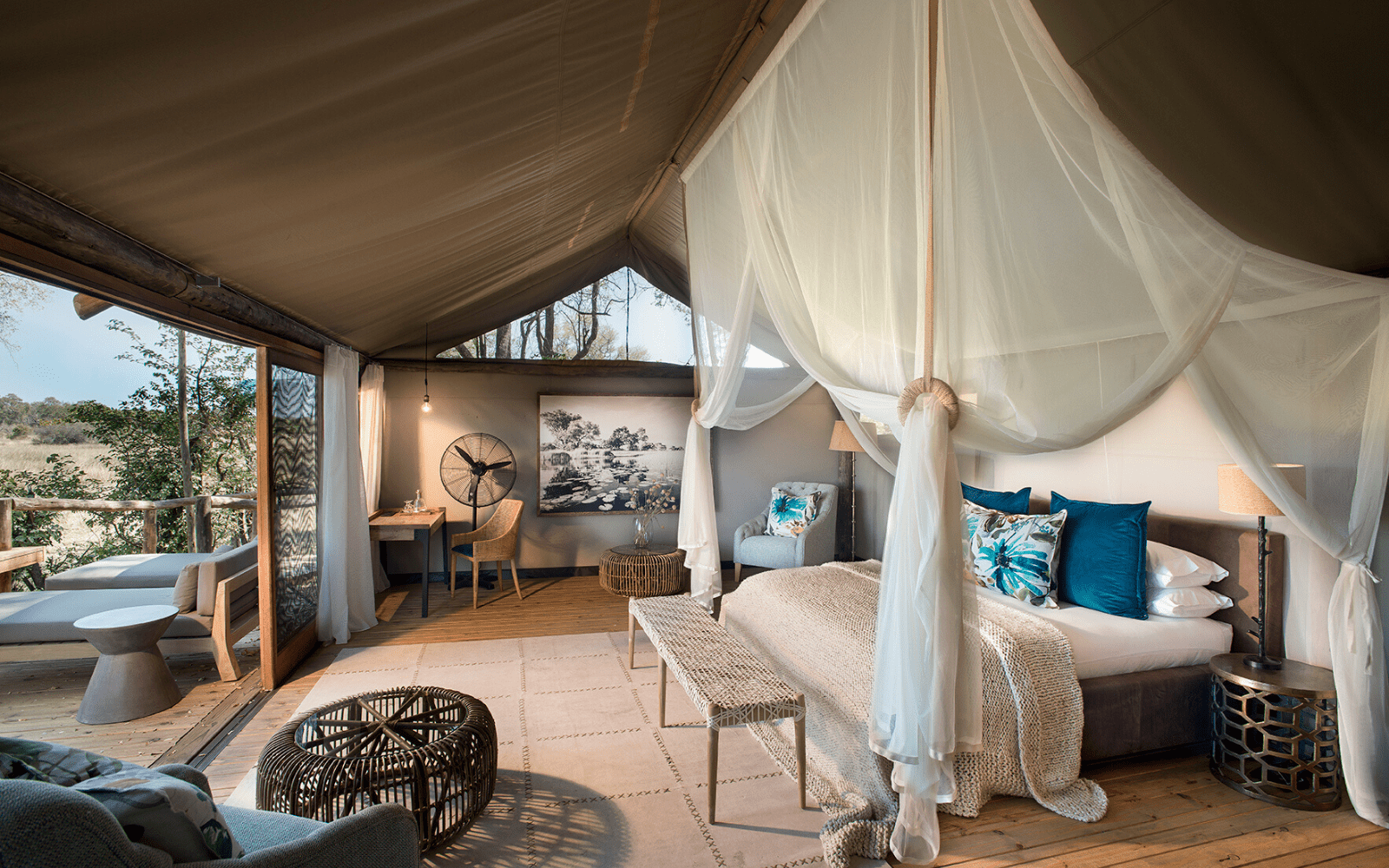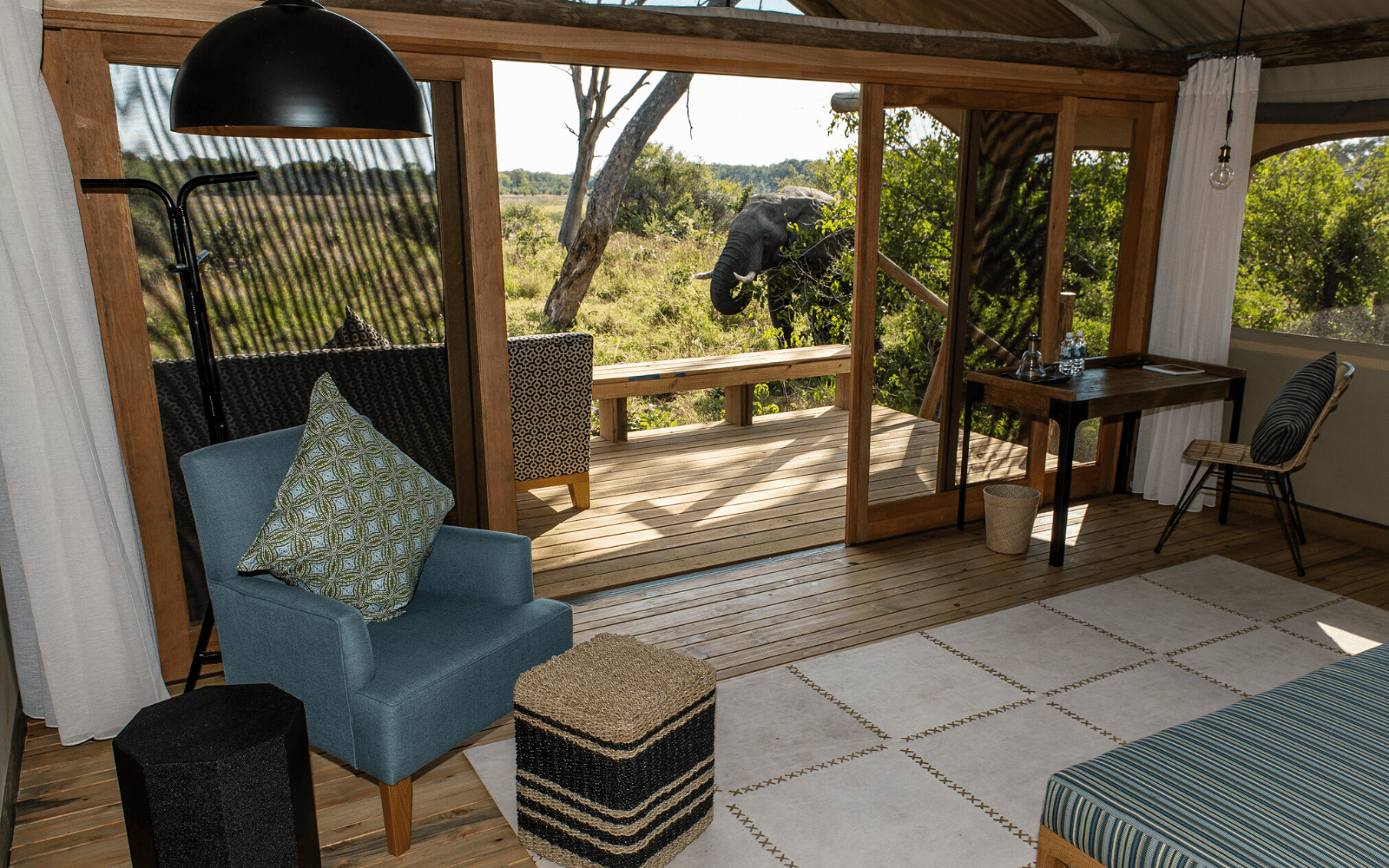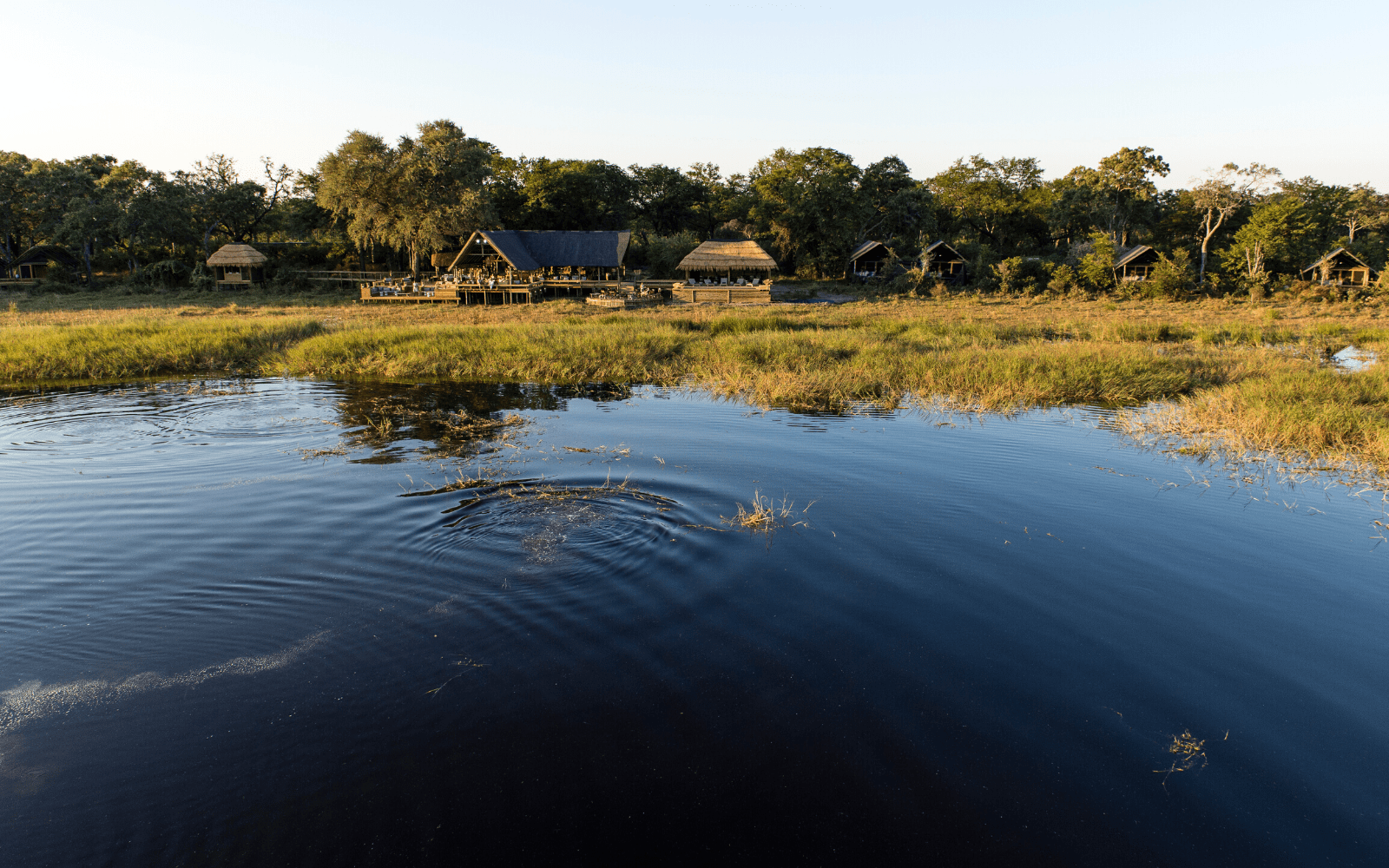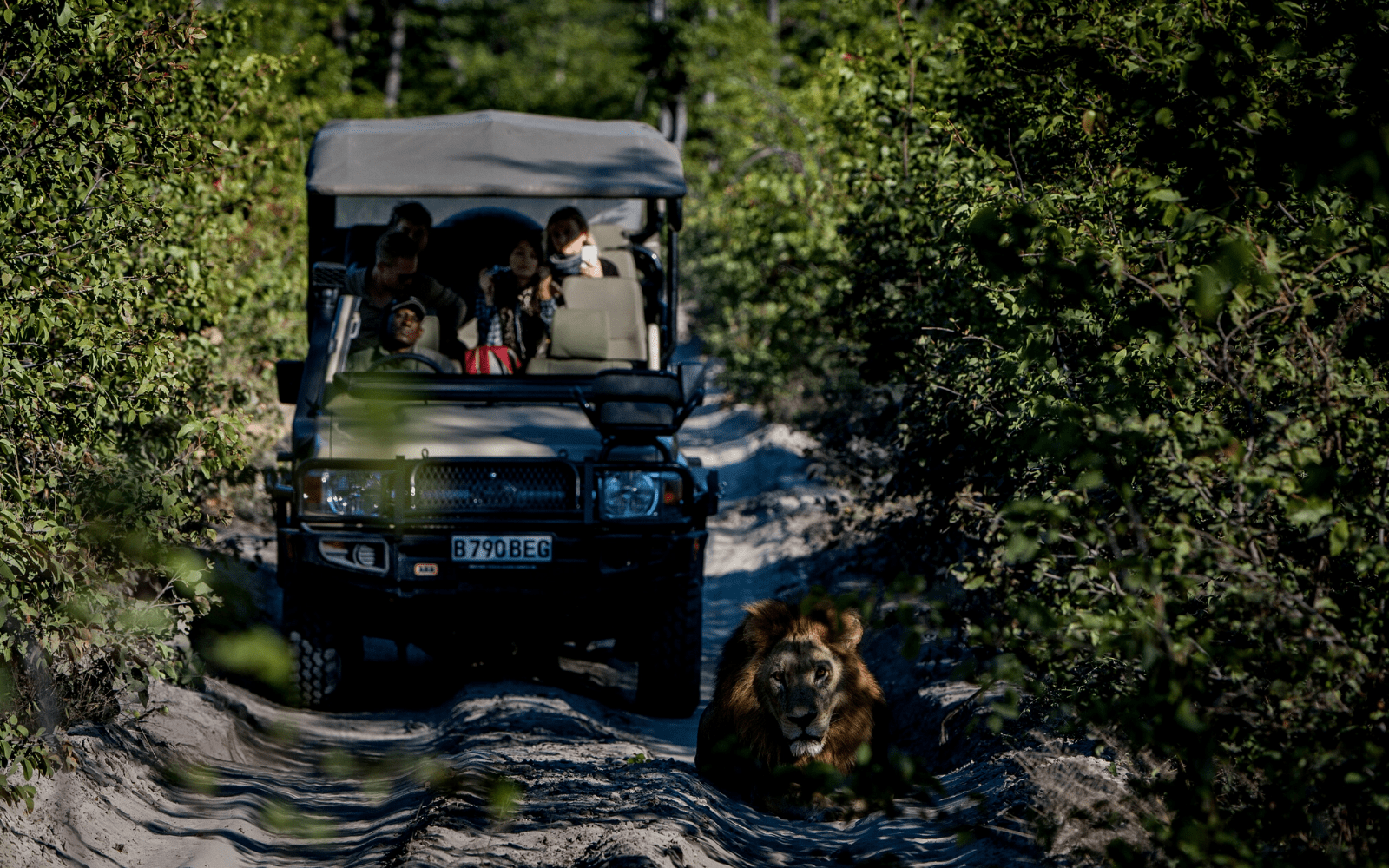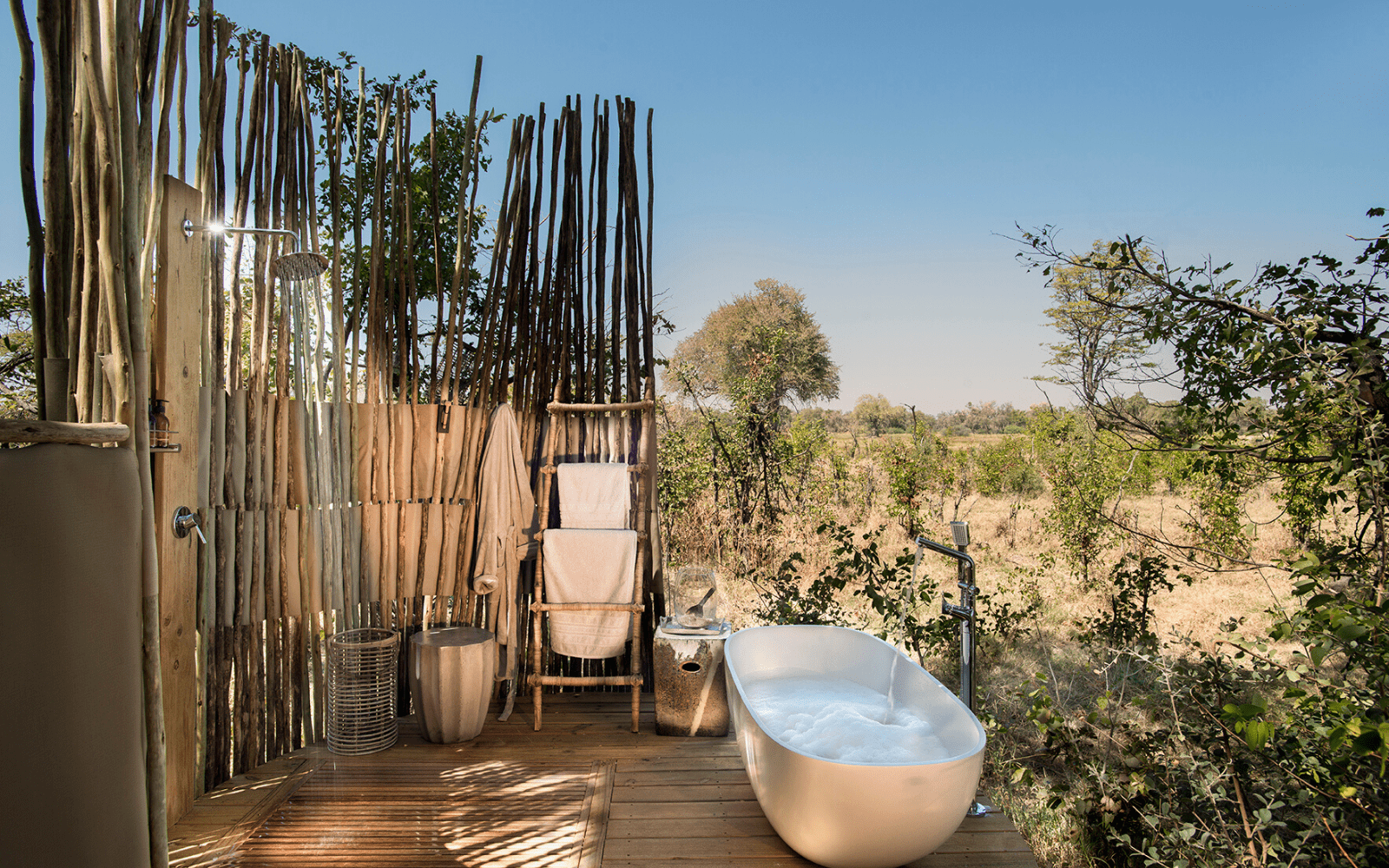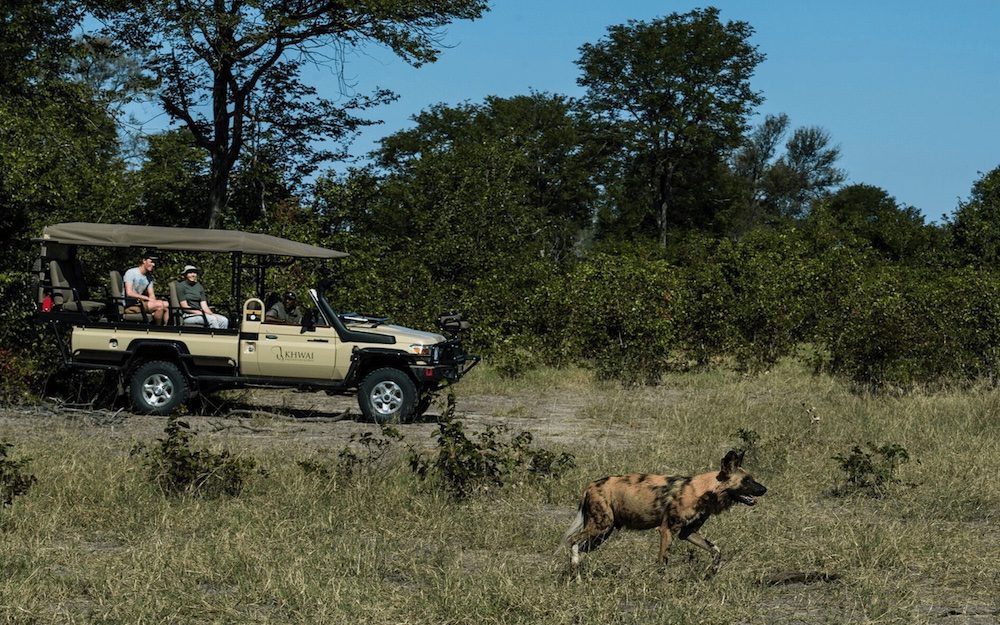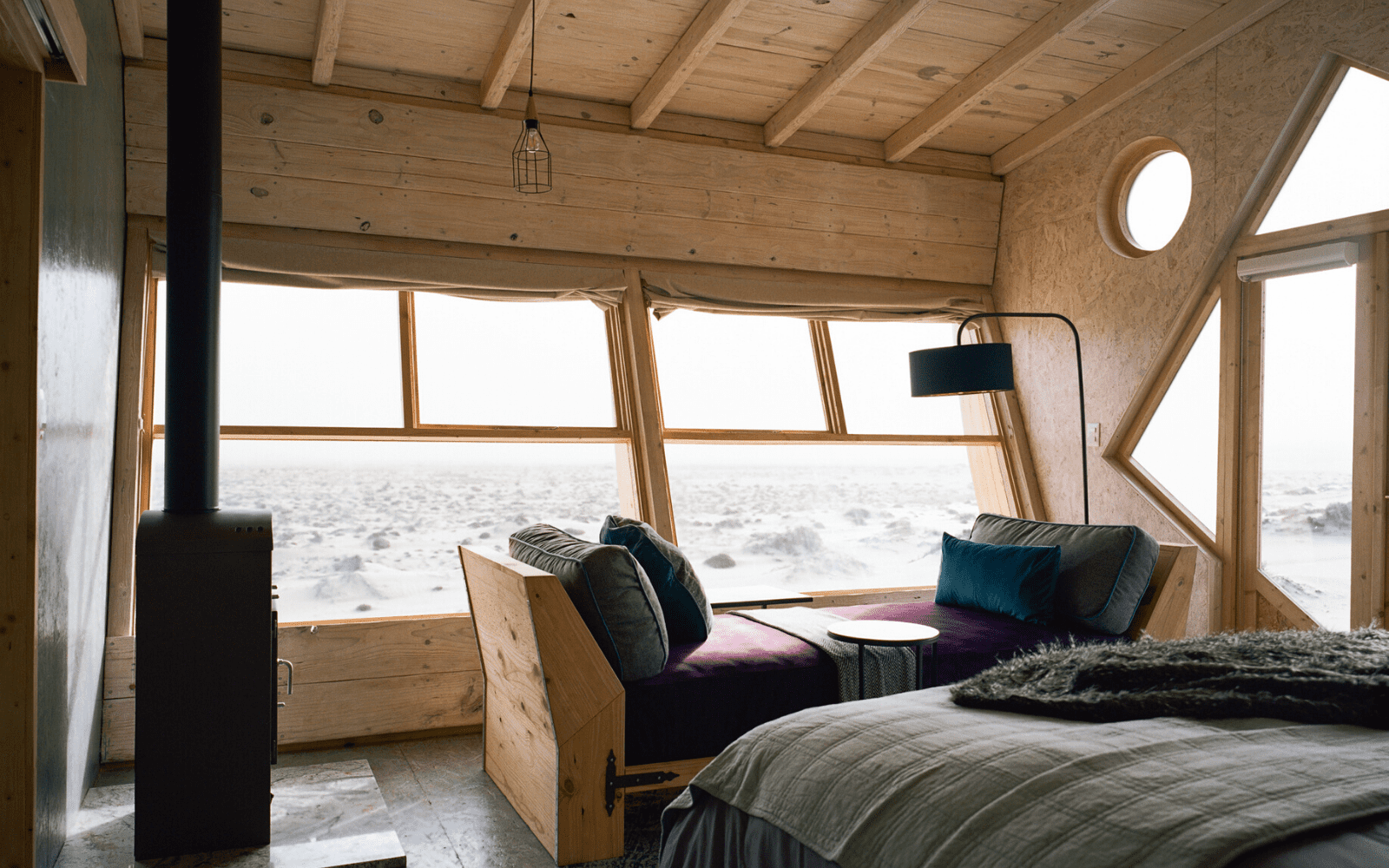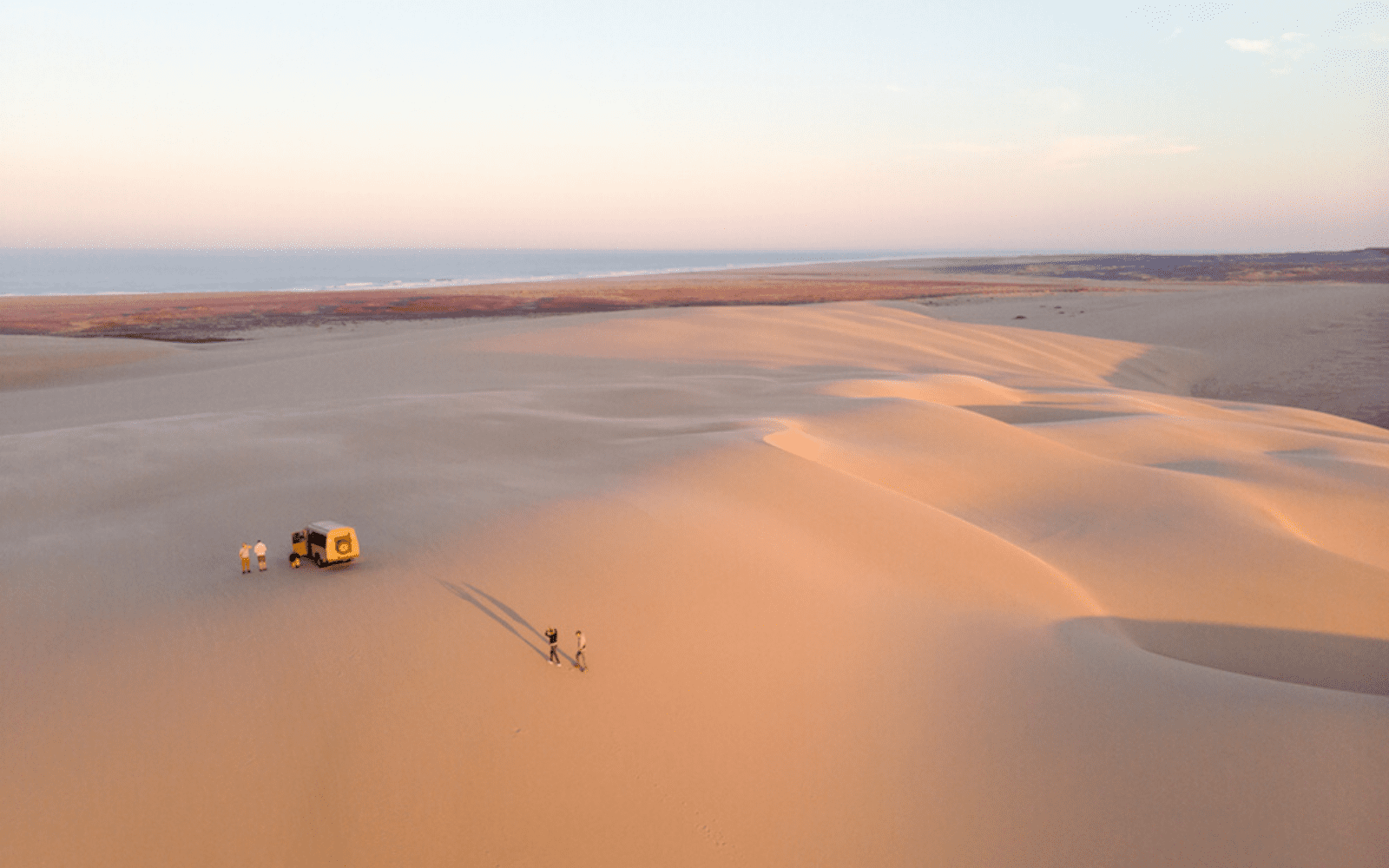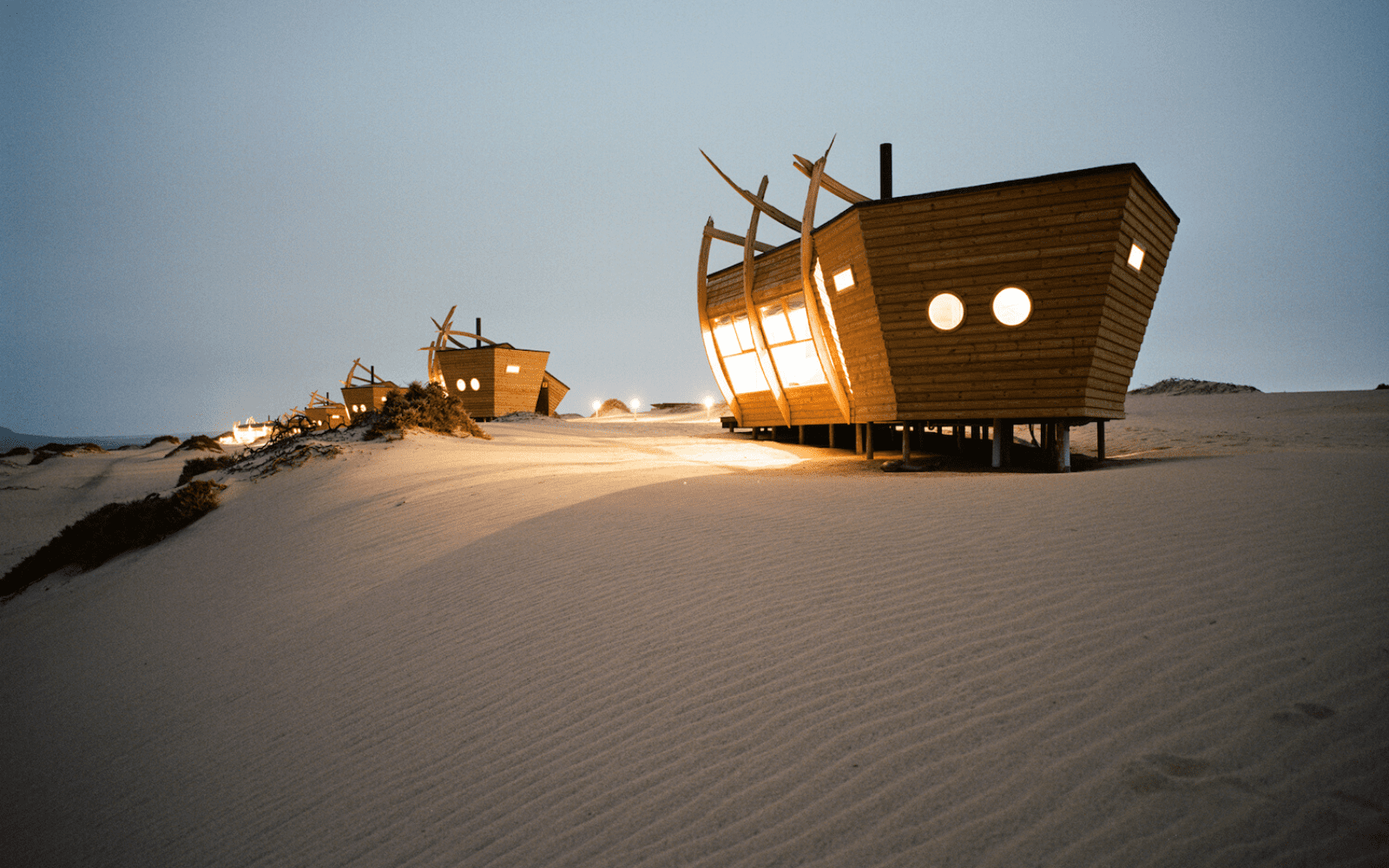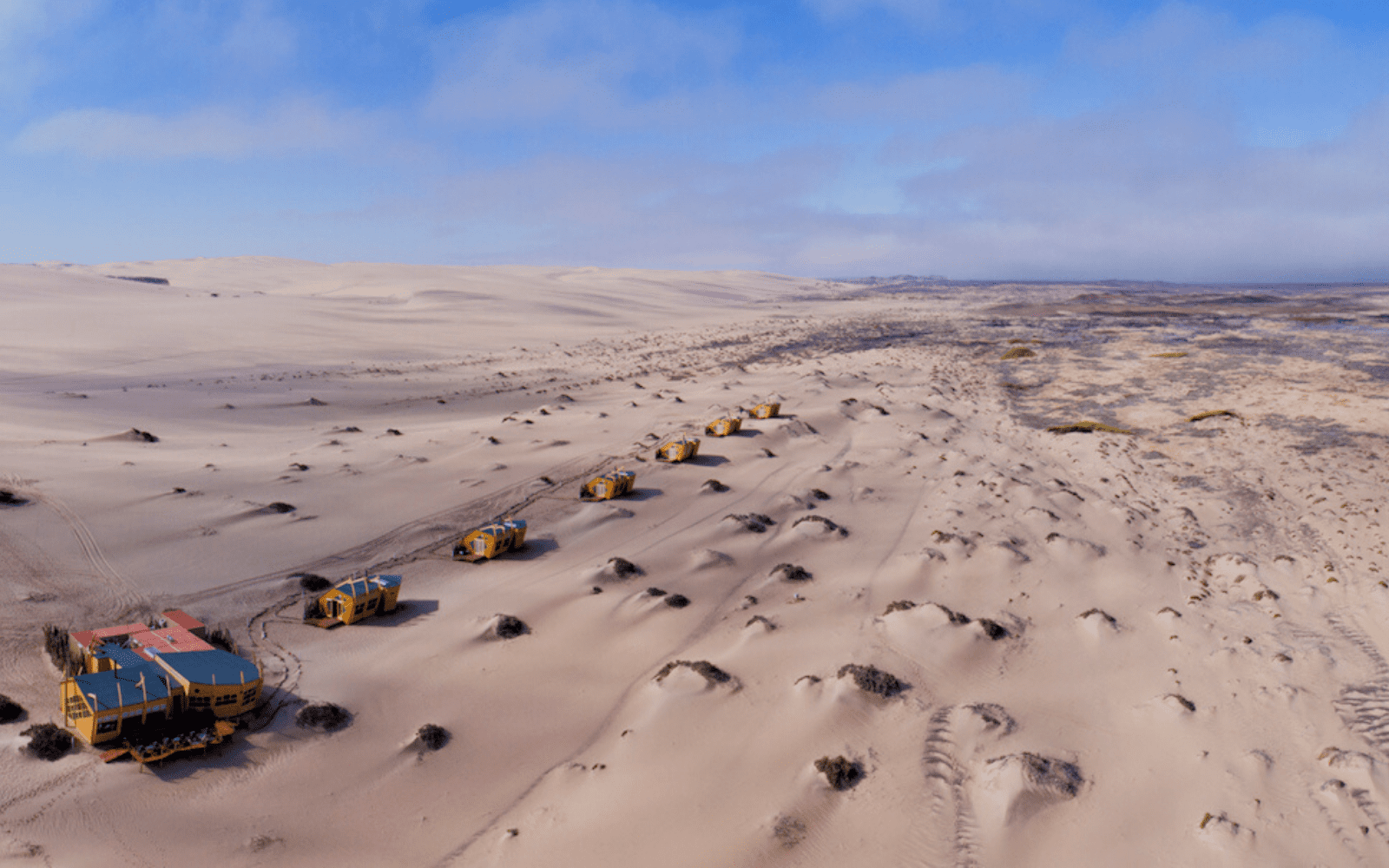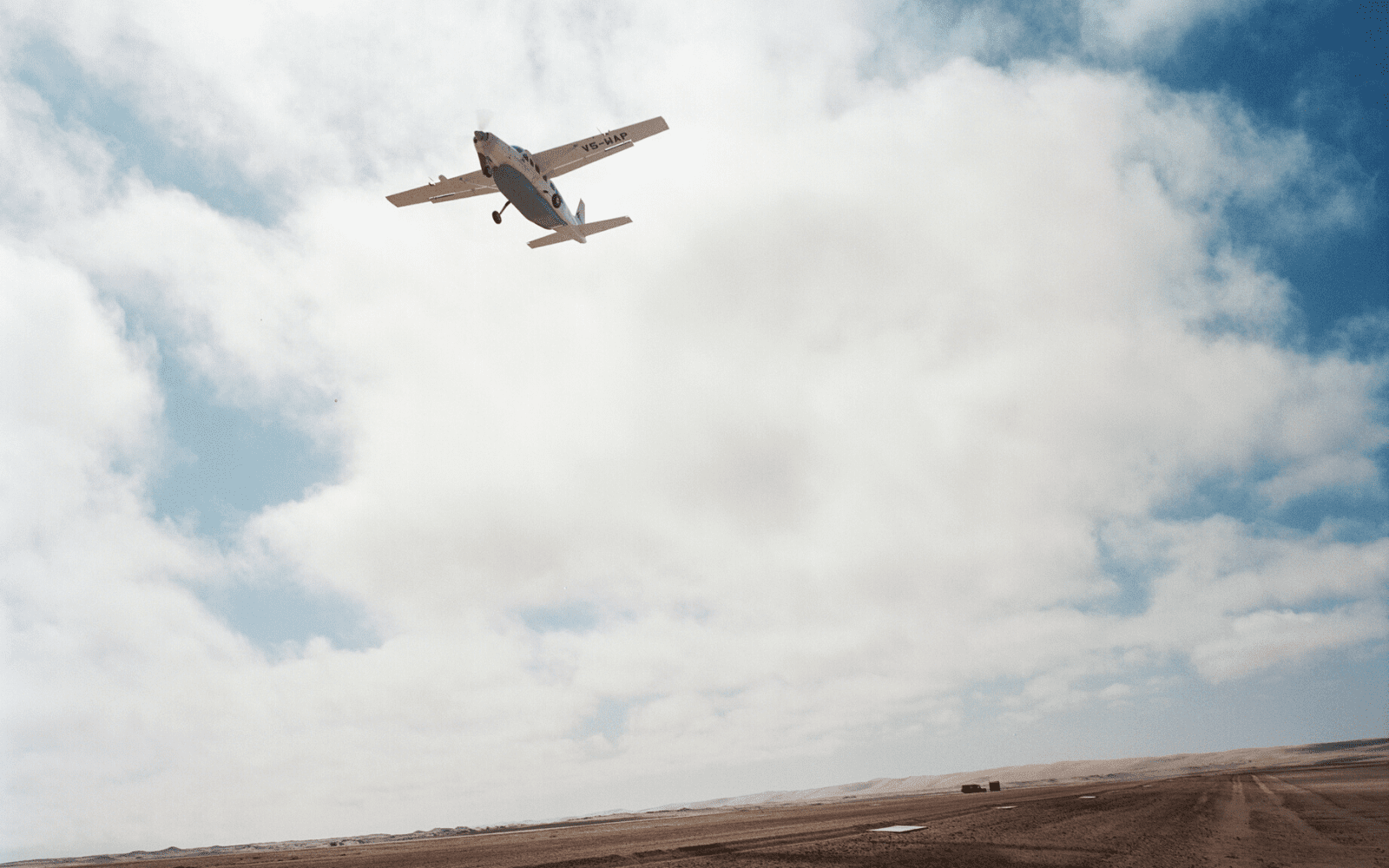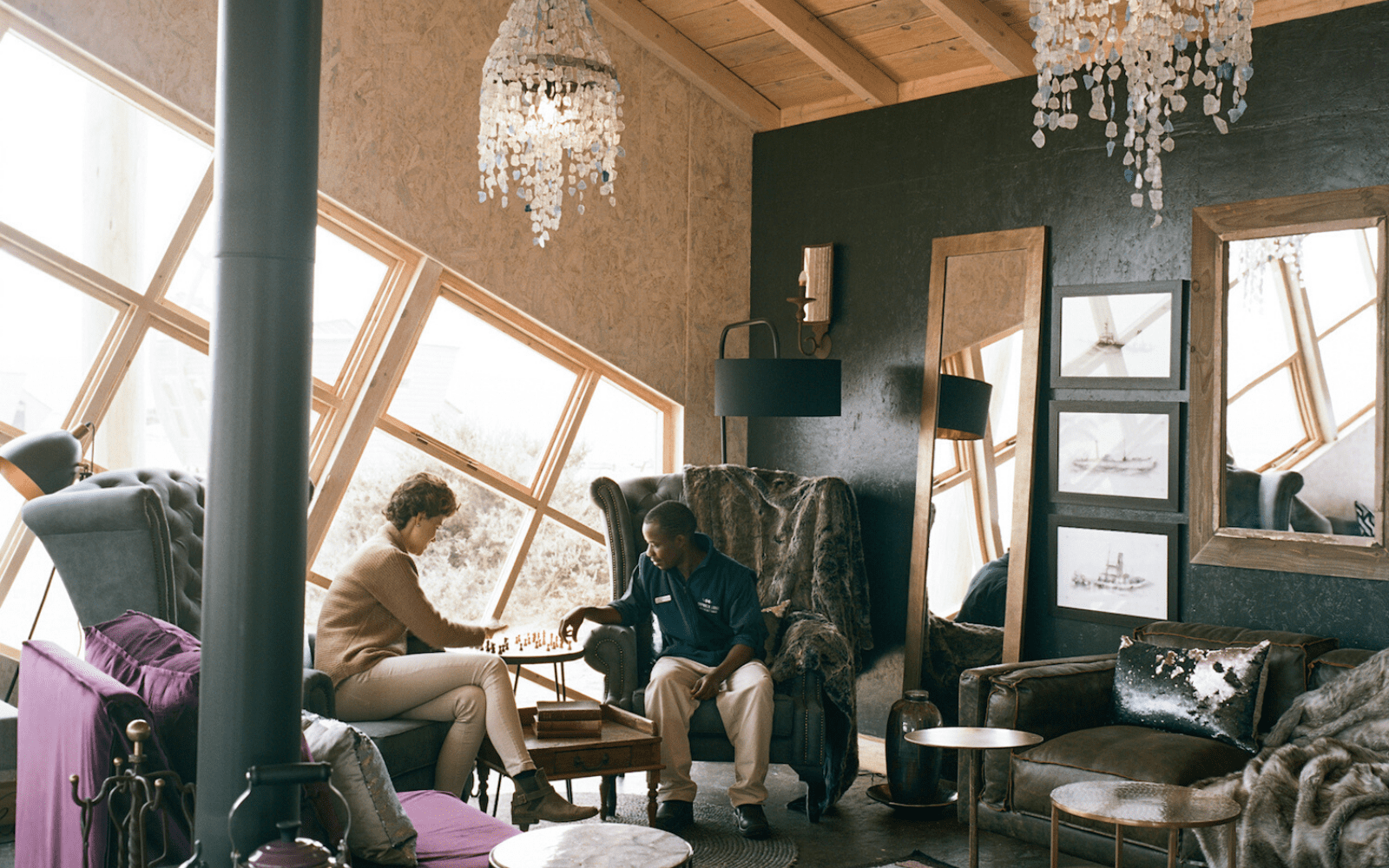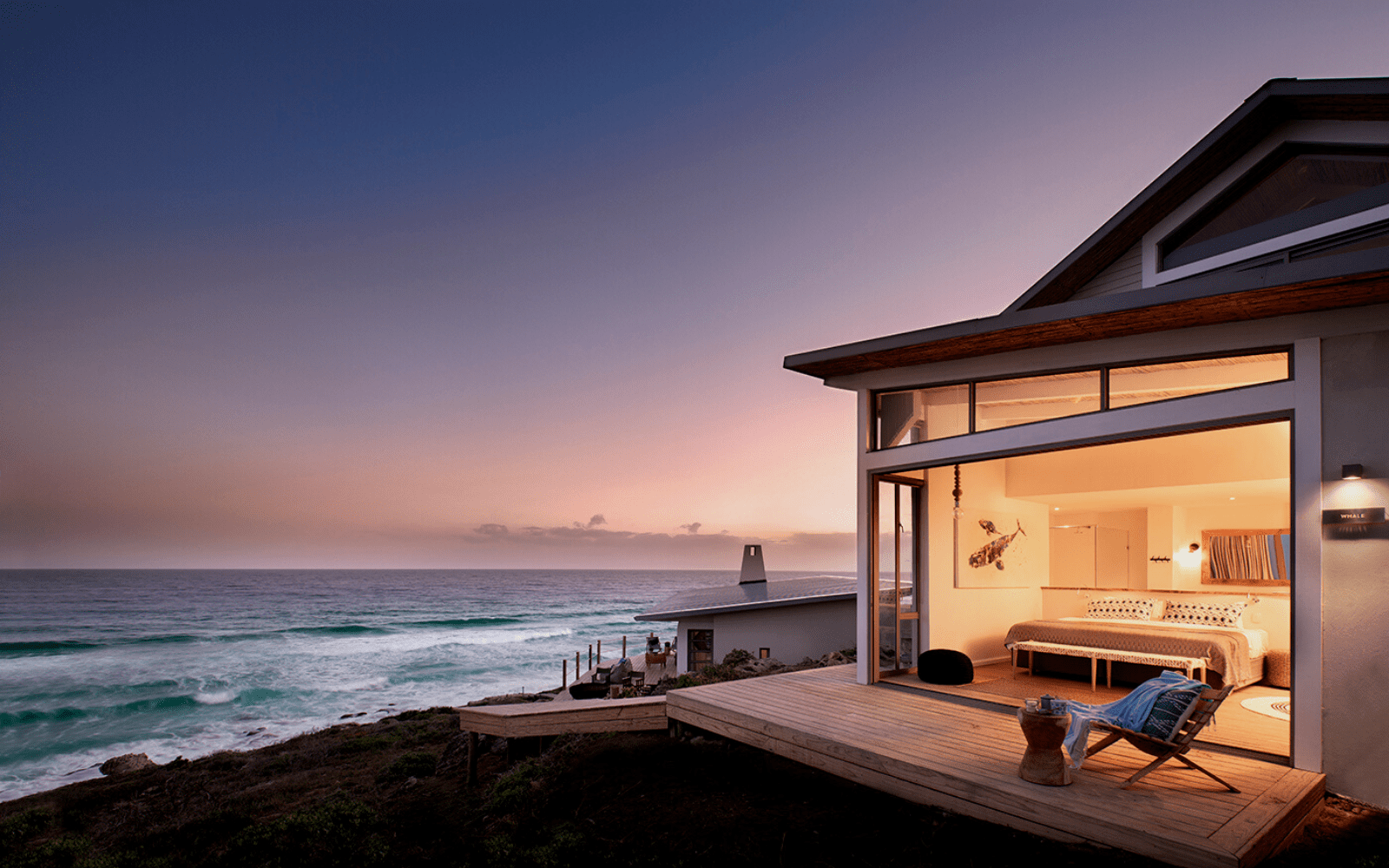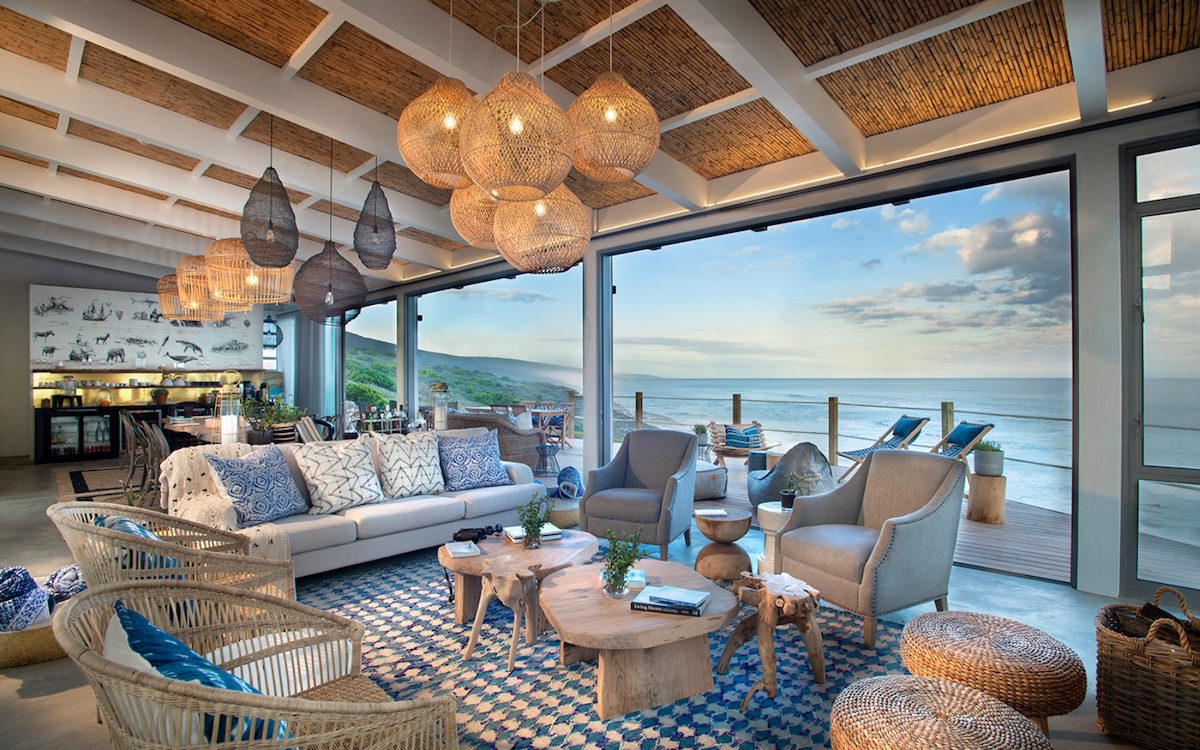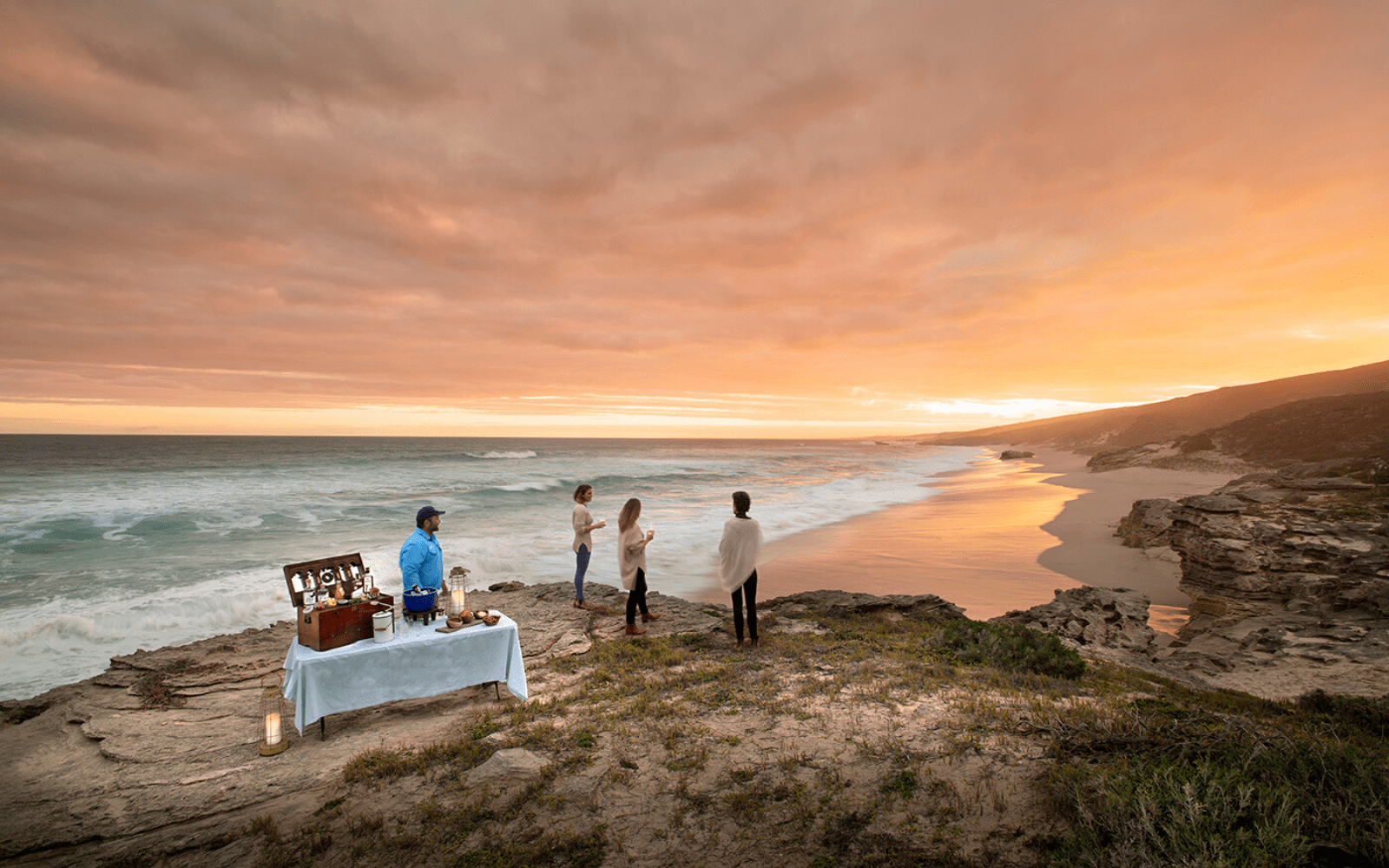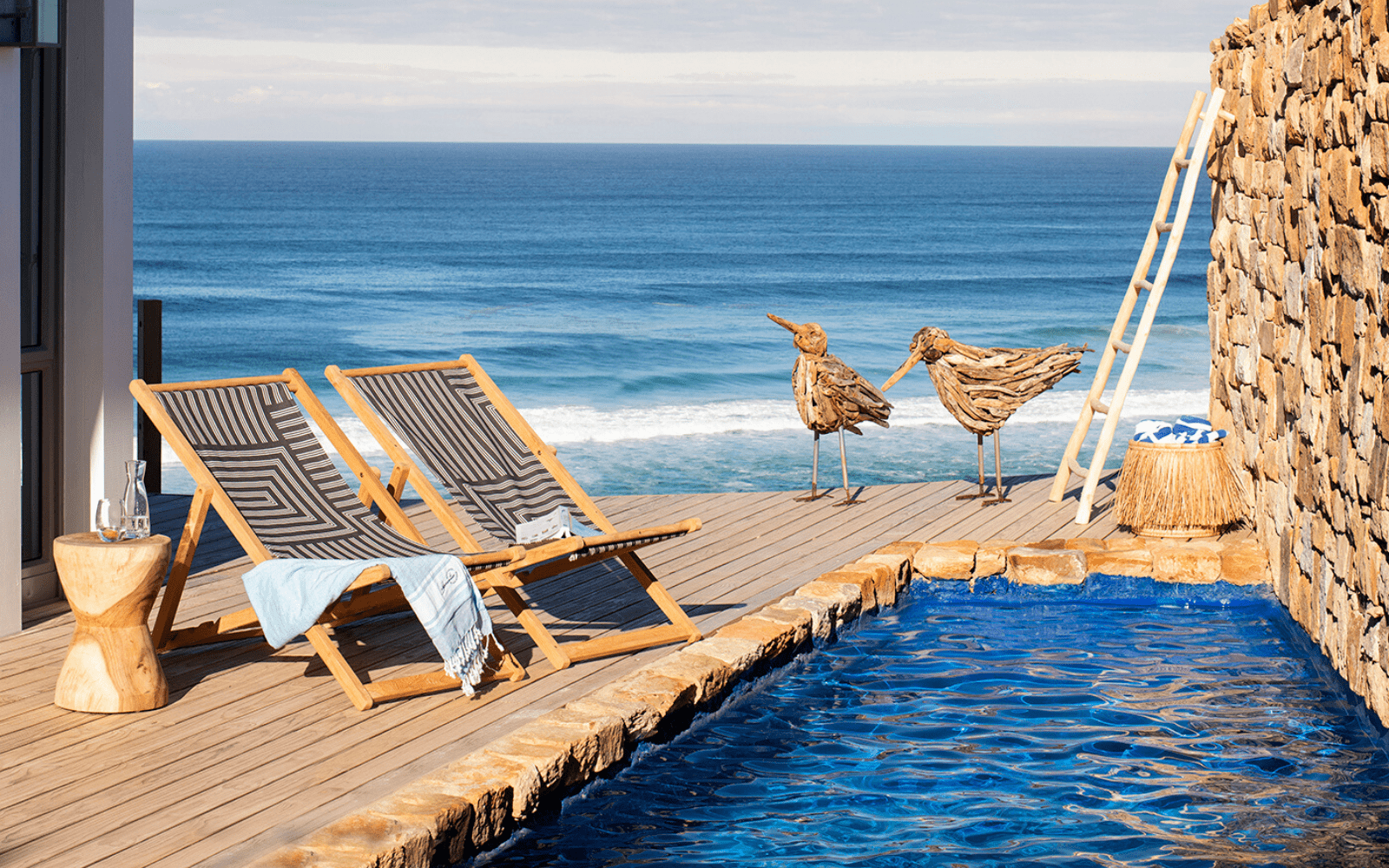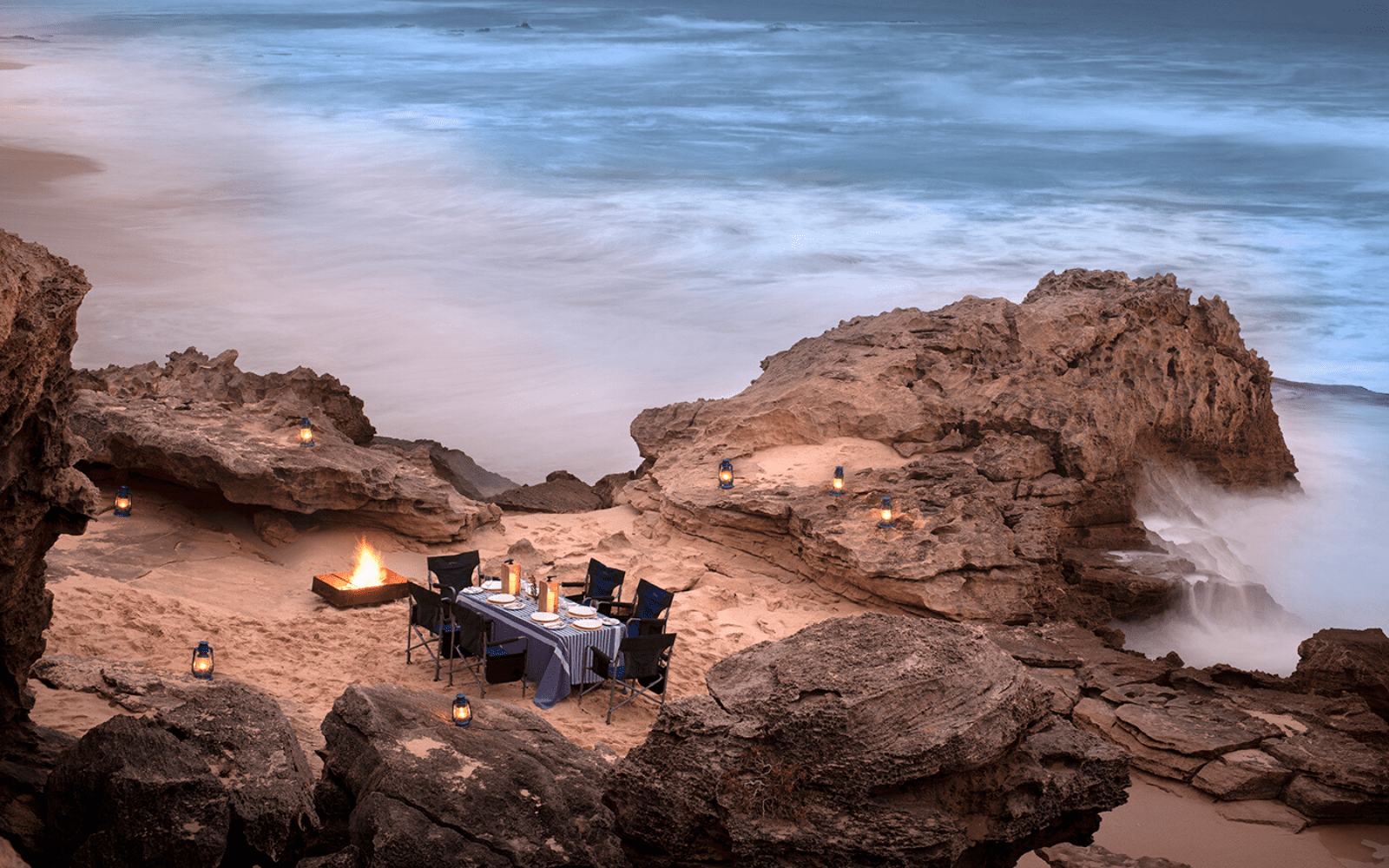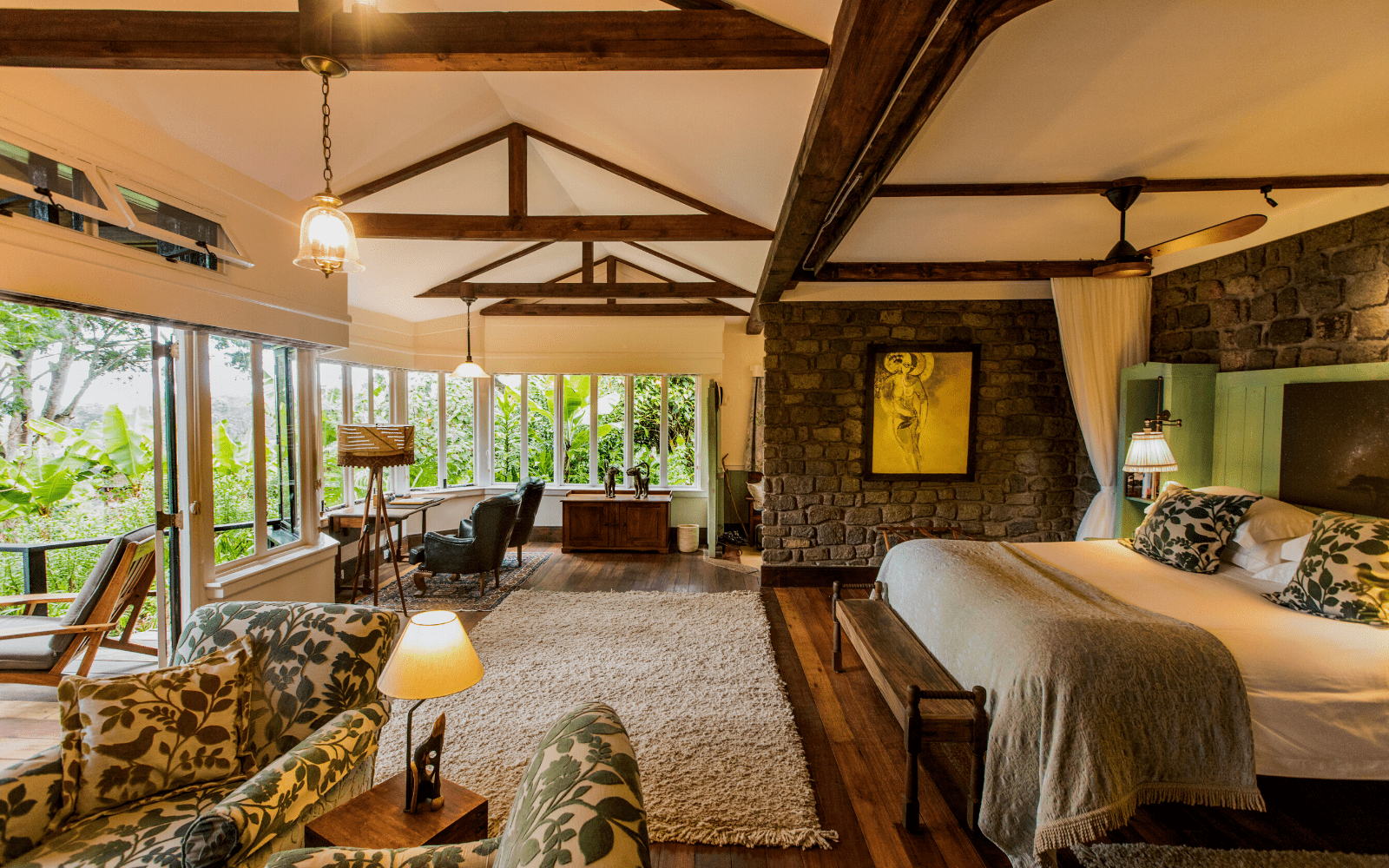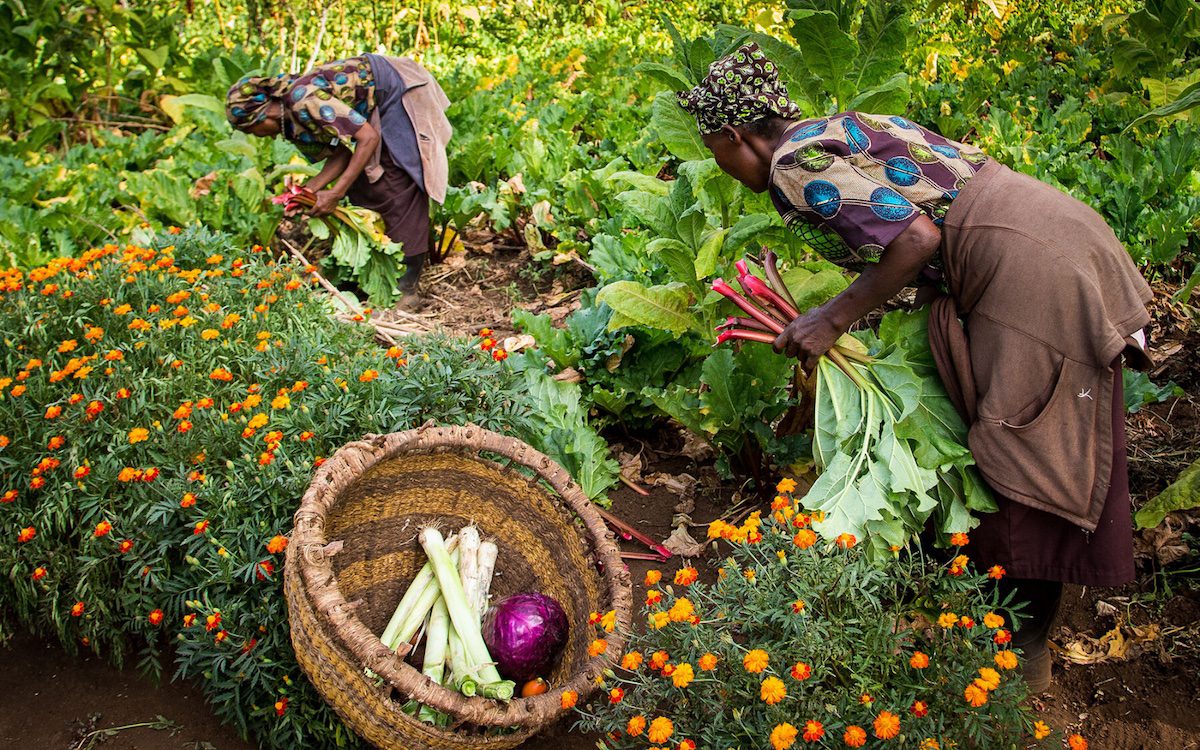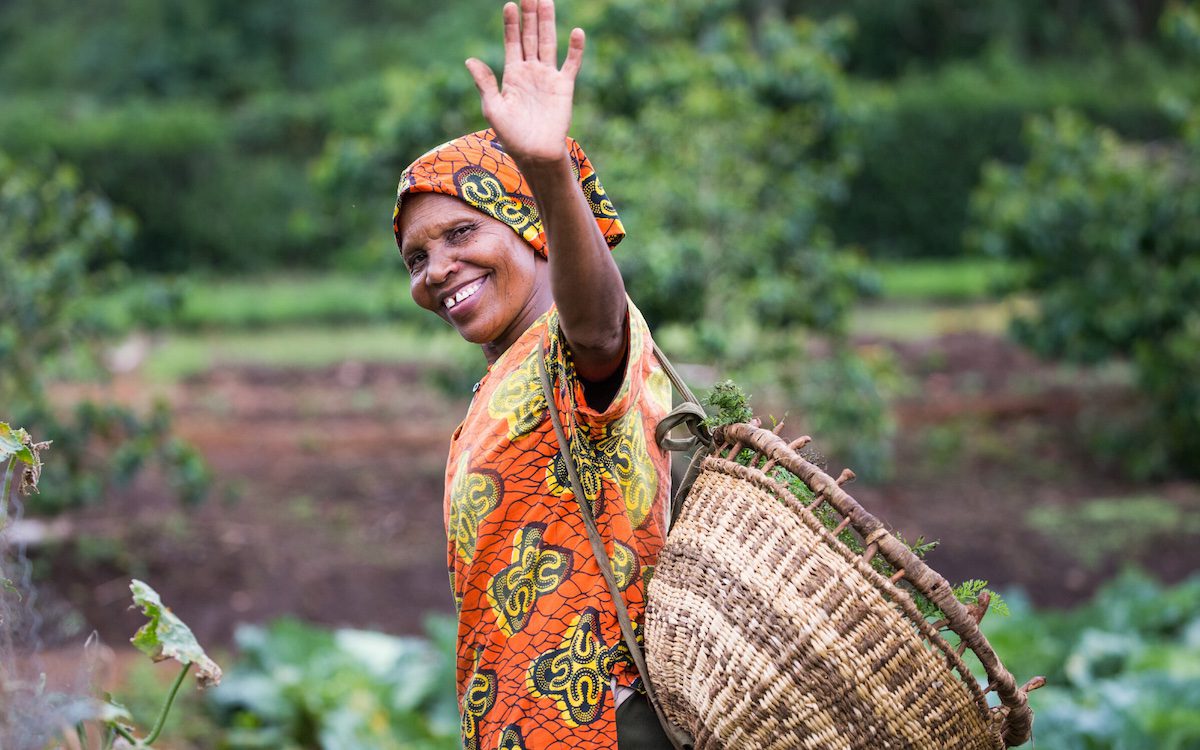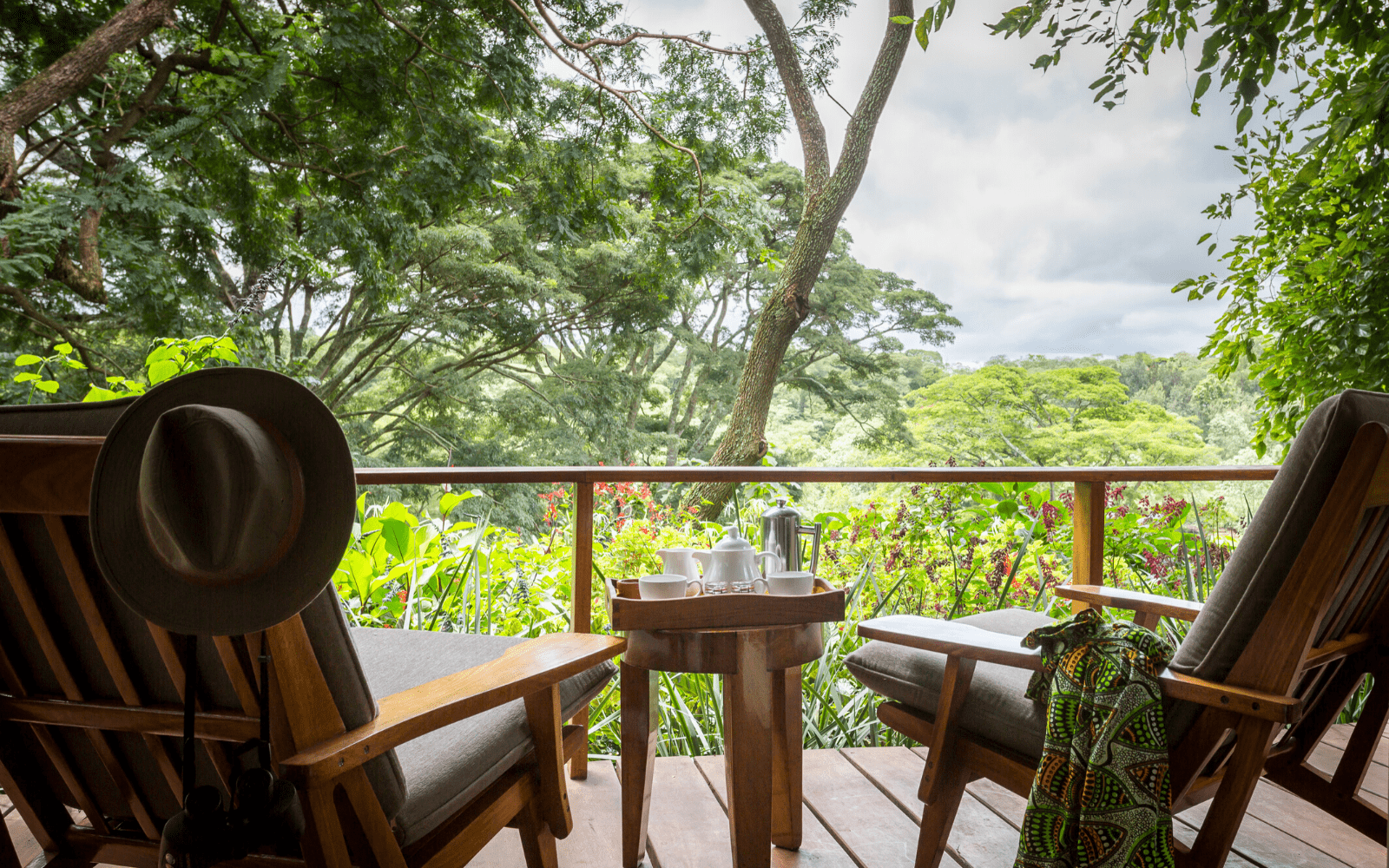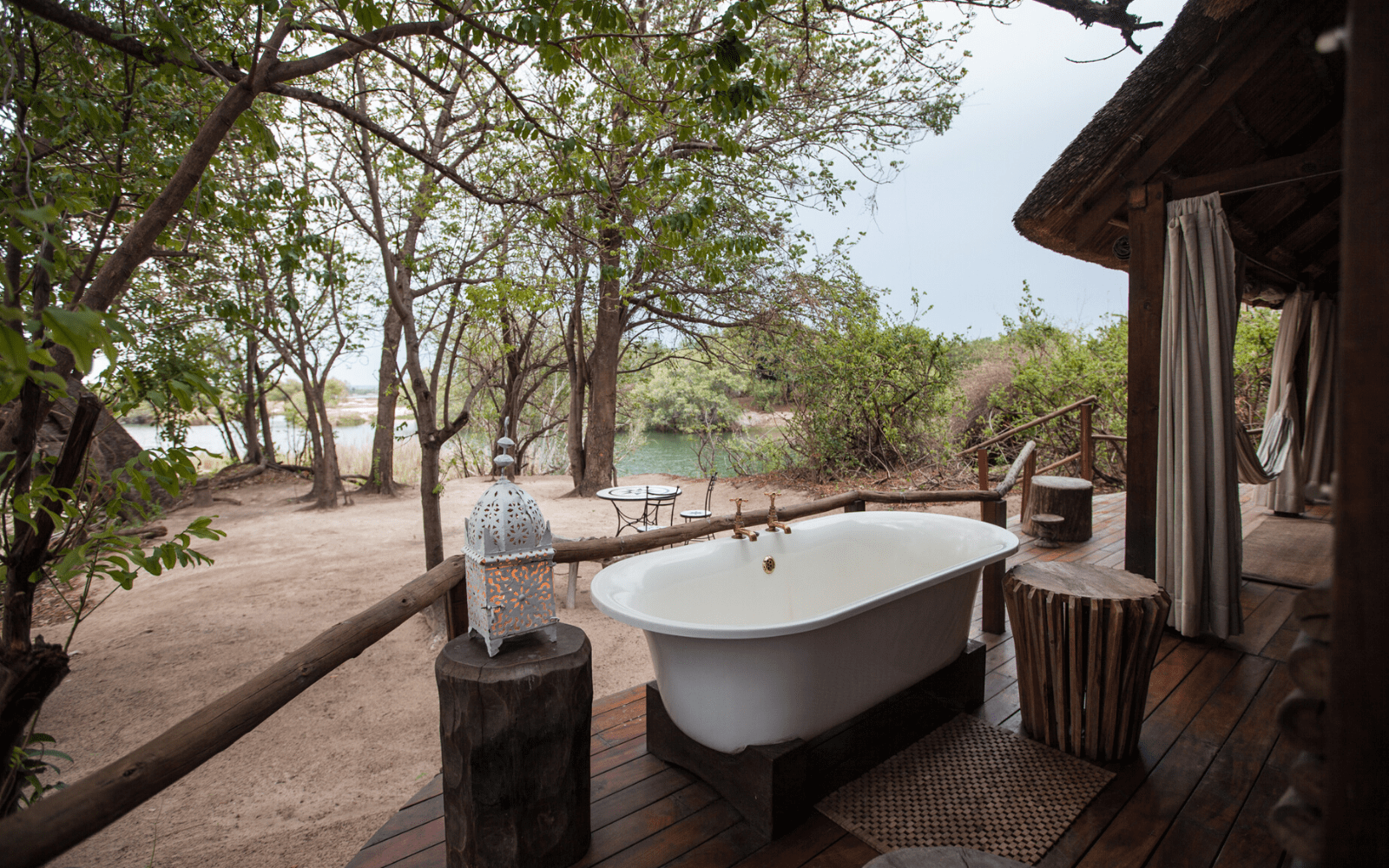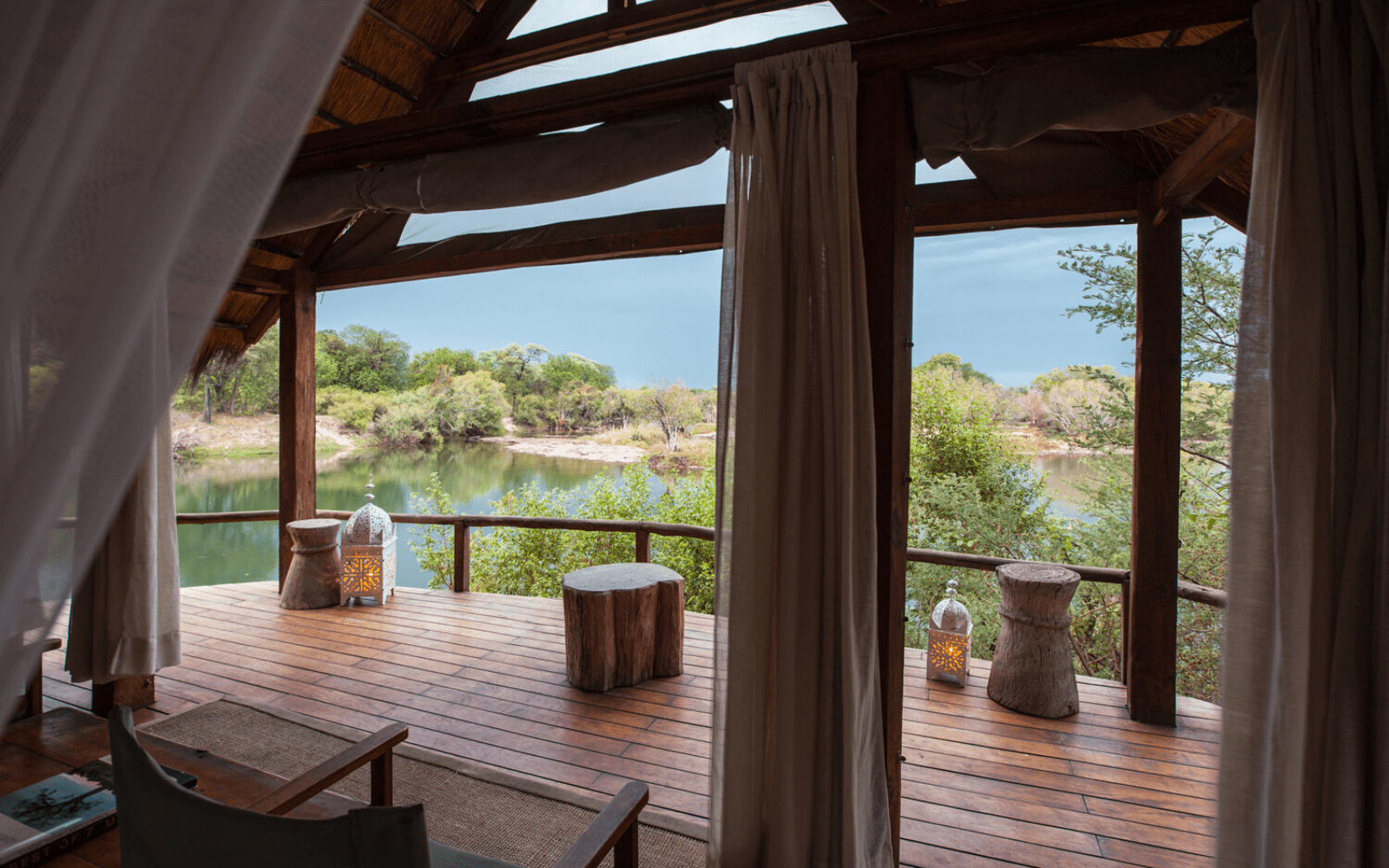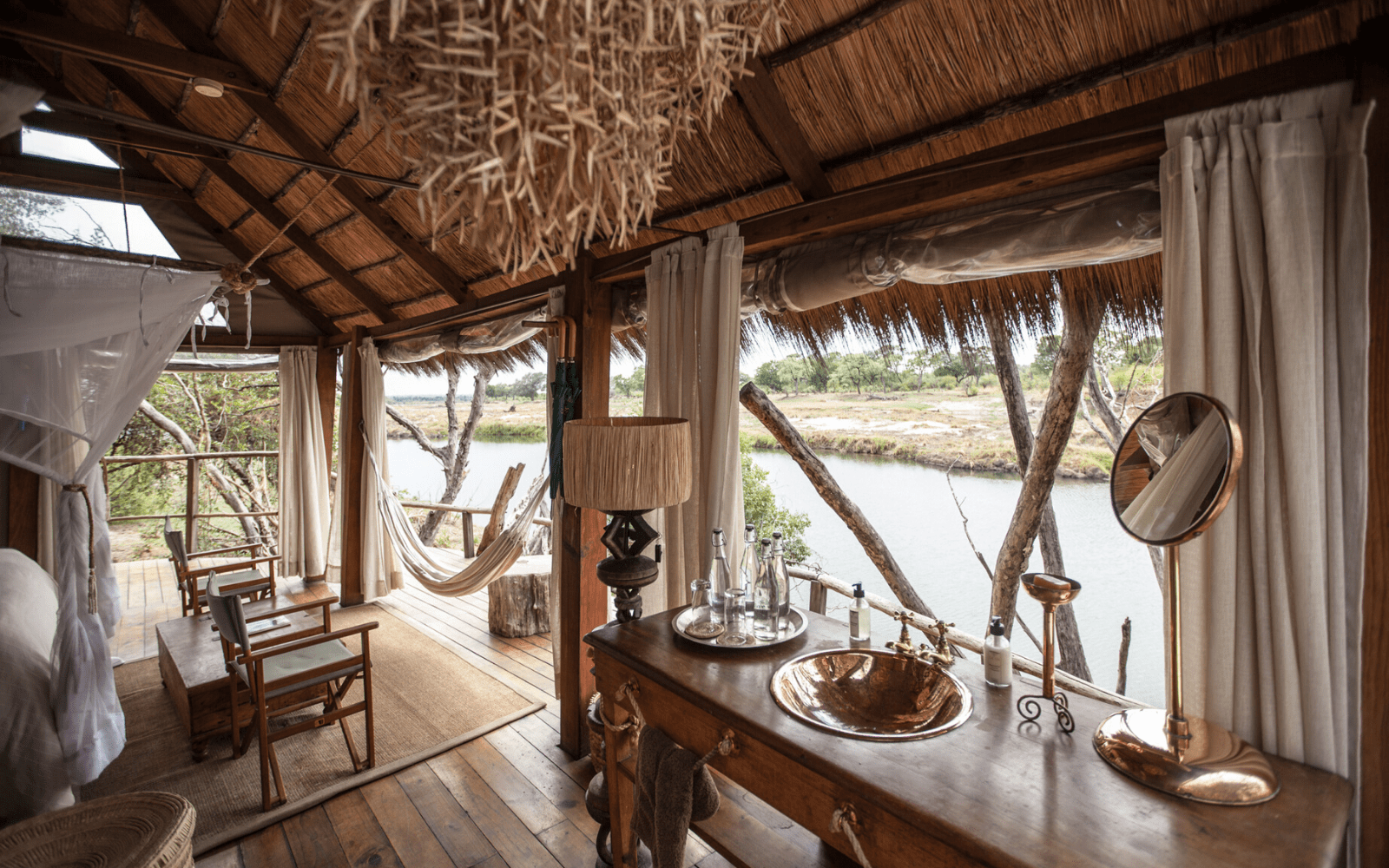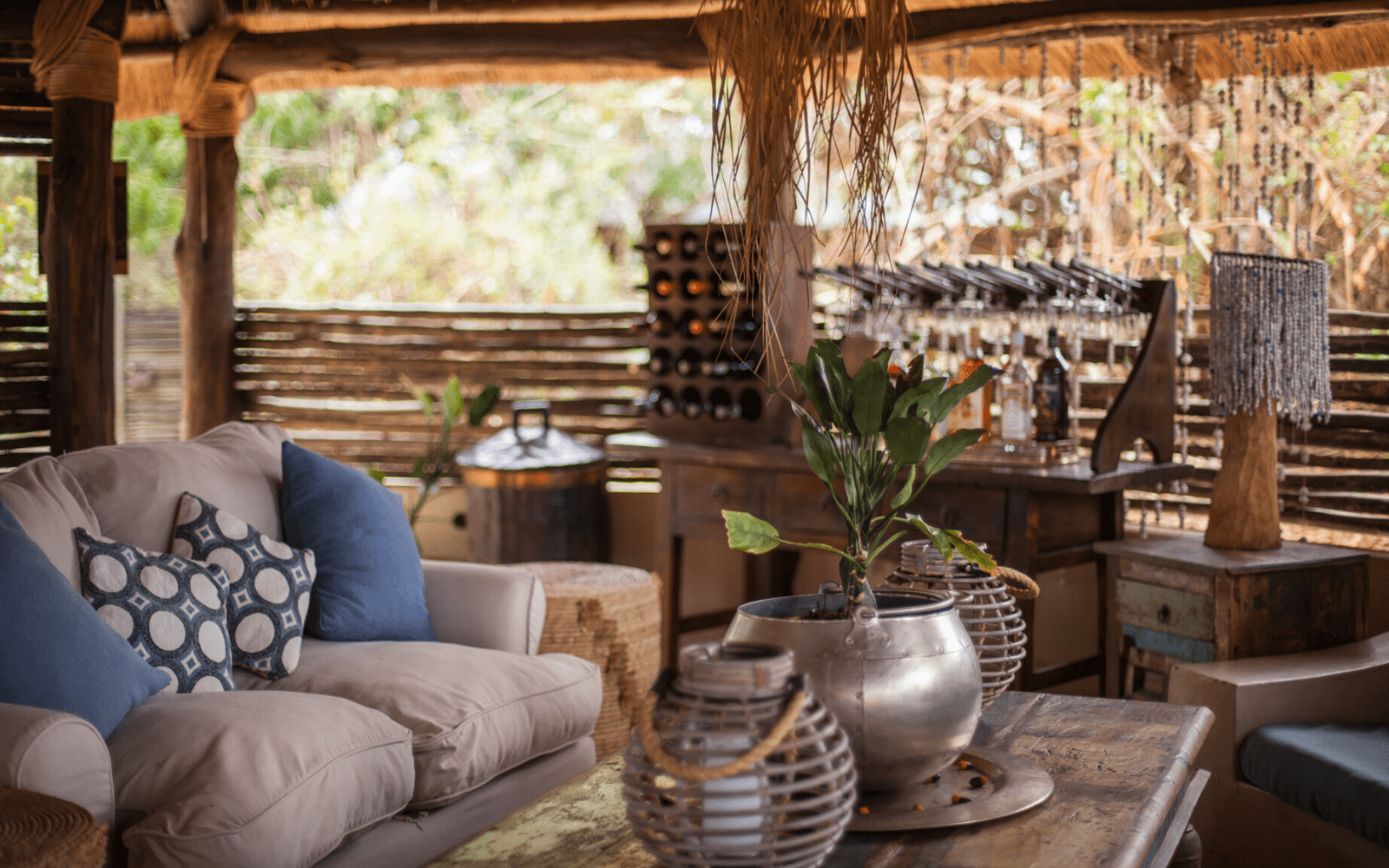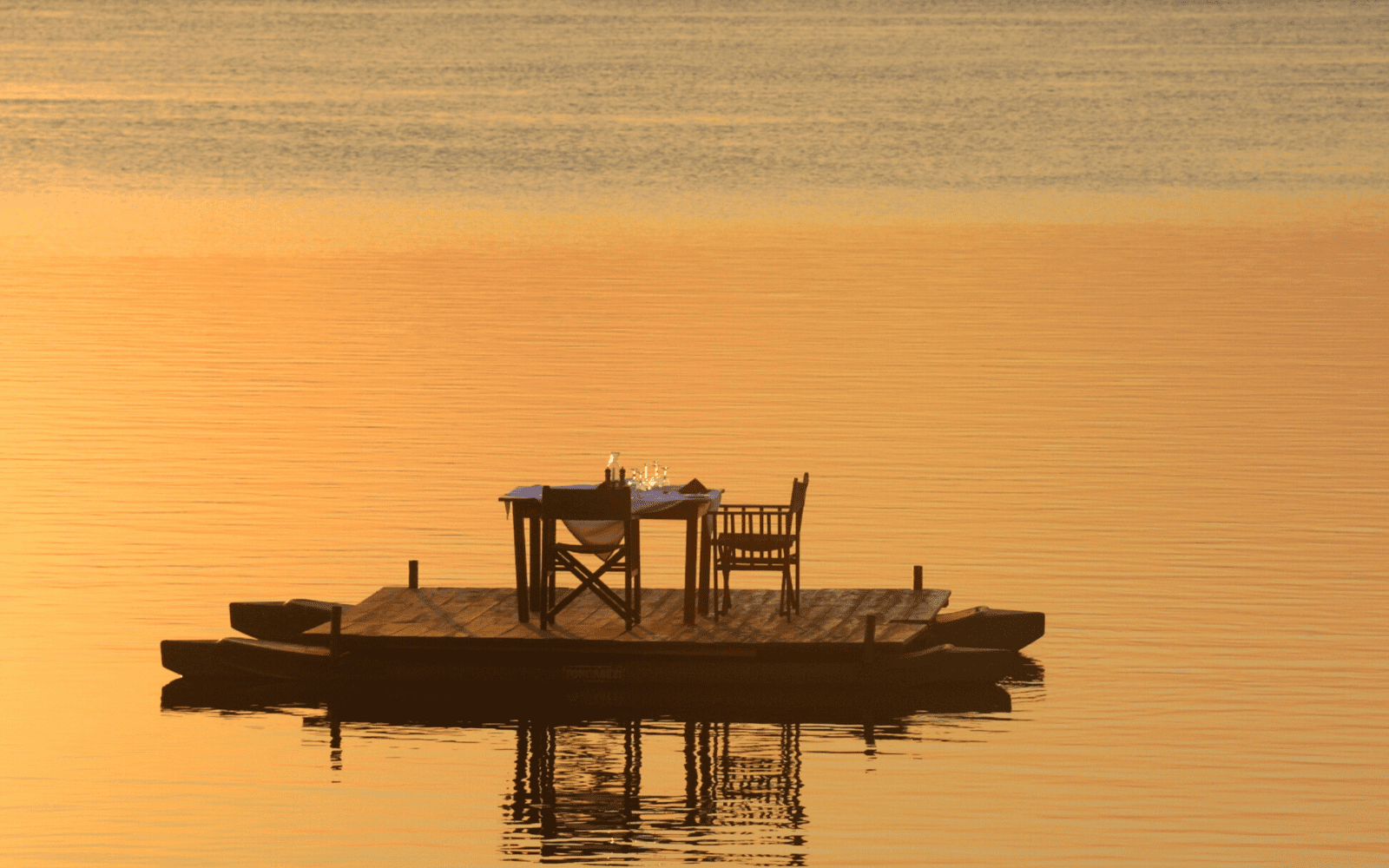Feature image © nataliaderiabina — stock.adobe.com
Eco Safari this, Green Safari that.
Can a conservation-centered safari adventure really make the right kind of difference?
All our years in the Safari Operator business has convinced us that an eco safari really matters. We know it does because, as we return year on year to the same areas the impact of companies working to do good is very clear to see.
Of course, we are only borrowing our planet from future generations and we have a clear and present duty to look after what we have. The more we visit Africa the greater the responsibility and our possible impact. As we continue to extend our expectations and the requirements we demand from eco-resorts we find that our experience on safari has only become more enhanced.
A responsible safari is not only paying it forward, but travelers will also claim extensive rewards immediately.
We just love win-win, don’t you?
 Image © Pontus Wellgraf – unsplash.com
Image © Pontus Wellgraf – unsplash.com
Why do Responsible Safari Adventures Matter?
It is easy to look at Africa on a map or in a Richard Attenborough program and think that it is magnificently huge. And it is tempting to think that nothing humans do can really have much impact on such a large area.
Unfortunately, across this giant continent, the habitats and the wildlife that lives in them find themselves under more man-made pressure every day. Pollution, bad domestic cattle management, erosion, fires, logging… it is all adding up and the extent of the damage is wreaking havoc.
The reality can be overwhelming.
But the good news is that as a Safari Operator and as a safari guest we can play a very real part in protecting irreplaceable resources.
If you are not part of the problem you will be part of the solution.
 Image © Noah Buscher – unsplash.com
Image © Noah Buscher – unsplash.com
How Does Your Eco Safari in Africa Contribute?
We will do the groundwork for you and ensure that every partner and property along your way will demonstrate high standards of care for the environment, the wildlife, and the community. Even if you are not passionate about responsible travel, or need to spend maximum time relaxing in and around your luxury eco-resort, every one of our safaris is designed to contribute passively to the very best programs in environmental conservation, wildlife rehabilitation and community upliftment throughout Africa (and everywhere else we travel).
Of course, if you would like to educate yourself and have a more hands-on role during your travels we will be more than happy to arrange first-hand learning and hands-on immersion in green tourism.
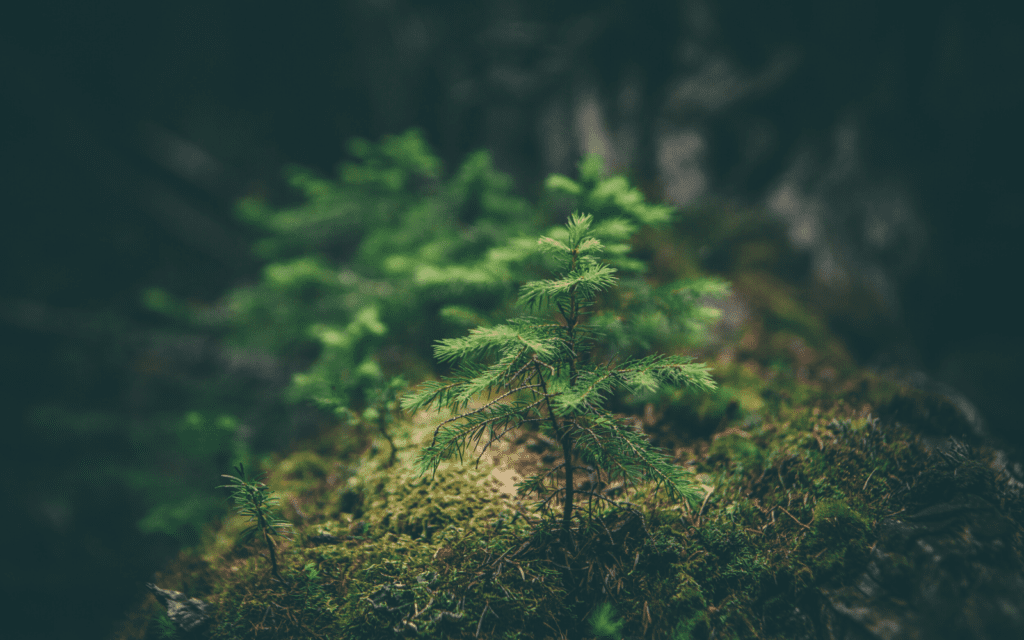 Image © Matthew Smith – unsplash.com
Image © Matthew Smith – unsplash.com
Longhaul Flight Futures
Greta Thunberg traveled across the Atlantic between Sweden and New York in a sailboat earlier this year. Flygskam (the shame you are made to feel when flying long-haul) has become a real thing and is alive and well from the halls of the UN climate summit to the coffee shop where you meet your friends for an organic latte.
Around the world, countries are considering taxing aviation fuel to force people to travel less or to stop them from traveling entirely. This might be a strategy that sounds more efficient in theory than it will be in practice.
If you are not considering retiring your long-haul-travel-accessory list addiction any time soon here are some cheering facts to consider:
Global aviation currently contributes around 2% of GHG (greenhouse gas emissions) worldwide
They aim to reduce net emissions by 50% in 2050 (aircraft are 80% more fuel-efficient today than they were in the 1960s)
Major government-backed airspace modernization programs are also underway.
And CORSIA (The International Civil Aviation Organisation’s Carbon Offsetting and Reduction Scheme for International Aviation ) is the first global sectoral agreement to introduce carbon pricing and cap emission levels in 2020 to guarantee carbon-neutral growth going forwards. Airlines in the 68 countries that have ratified CORSIA and who have subscribed to the agreement will offset any emissions that go above baseline with carefully managed purchases.
Sustainable Aviation Fuel (SAF) is another encouraging but controversial innovation.
Future aircraft might even abandon combustion technology in favor of hybrid and electric propulsion systems.
Add all these measures up and we think it is safe to give flygskam a miss this year.
Especially when your safari trip will bring so many benefits wherever you land when you book your travels through a responsible operator.
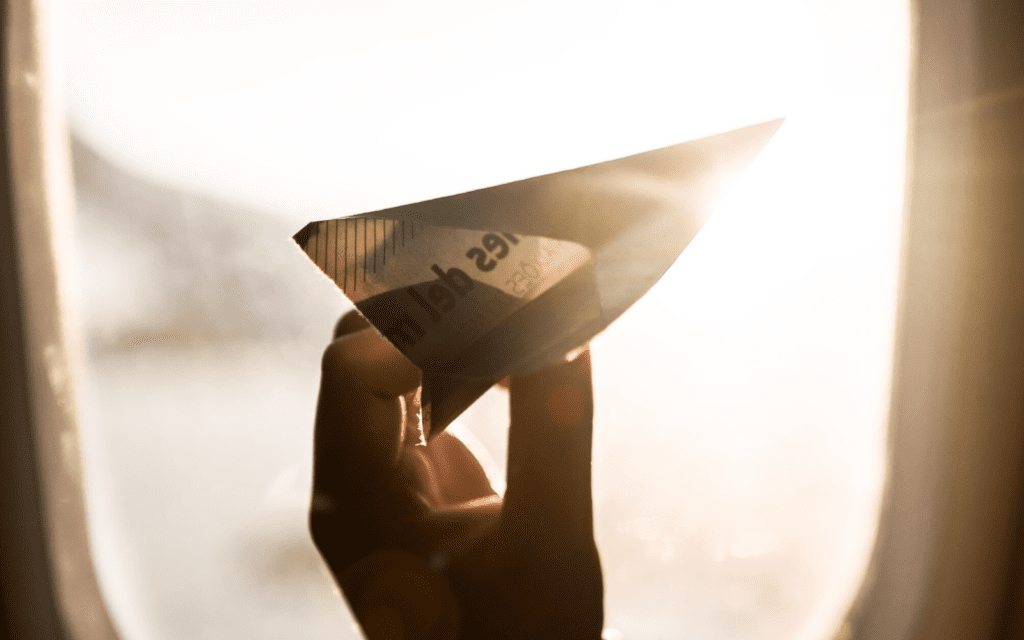 Image © Sebastián León Prado – unsplash.com
Image © Sebastián León Prado – unsplash.com
Green Tourism the Rothschild Safaris Way
Rothschild Safaris only works with ethical companies that are eco-friendly and committed to the preservation of wildlife, habitat and local communities.
This is how we pick our eco-travel partners:
African Safari Lodges and Operators Promoting Animal Welfare
Spending time with wildlife is an incredible privilege and pleasure.
We do not book any activity that includes riding, feeling or touching wild animals.
We hold our partners to the same high standard.
Our partners will never guarantee interaction with wild animals and our gold standard is unforced encounters with wild creatures in their natural habitat.
Wildlife tourism holds the power to protect nature and habitats and support and preserve cultural heritage. We use partners who offer a stable income to communities through ethical animal experiences.
We use the Five Freedoms checklist when we find new African Safari Lodge operators and experiences offering wild animal interactions:
Does the animal have:
Freedom from hunger and thirst
Freedom from discomfort
Freedom from pain, injury or disease
Freedom to express normal behavior
Freedom from fear and distress.
Ethical Wilderness Safari Operators
Our travel partners respect the local culture and educate guests to behave sympathetically to the ways of local communities.
They make an effort to support the local community and stimulate economic growth around them by maximizing the financial benefits guests bring to local suppliers.
They are selective and they only partner with other ethical brands that have core values aligning with their own.
They invest in their team through a positive work environment.
Eco-Tour Friendly Operators
They preserve the environment through education, efficient energy use, and the best waste management.
They encourage continued protection of wildlife areas through tourism revenue.
They set standards to reduce their carbon footprint and improve the quality of habitat surrounding them
They educate communities to improve their quality of life.
They provide economic benefits through cost savings in energy, water, and supplies.
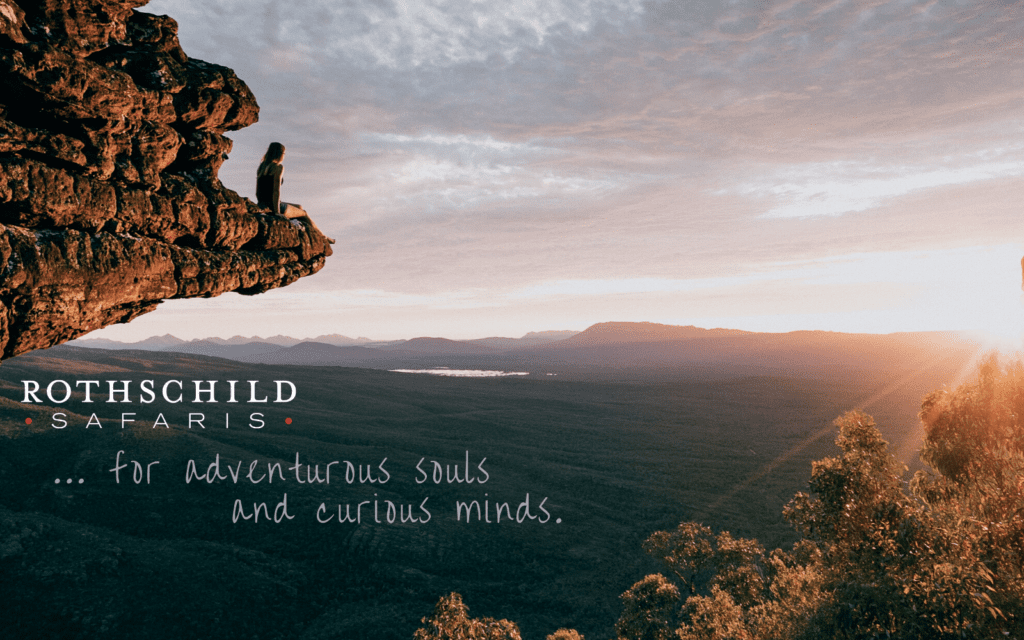 Image © Manuel Meurisse – unsplash.com
Image © Manuel Meurisse – unsplash.com
A selection of our favorite Eco Resorts in countries from B to Z
Botswana
Ask any wild dog and they will tell you that the cleared earth of an airstrip is an excellent suntrap. In the most remote corners of Botswana, you will often find the pack lazily soaking the heat from the ground. They will, however, abandon their comfort to attend to their manners and politely remove themselves to the bush when a light aircraft buzzes the strip to announce that they wish to land.
This is the thing about Botswana, it is a place where a world-famous prince can bring a secret American girlfriend and remain completely under the radar. And a place where the wilderness plays an intimate and integral part of every moment on safari.
Sable Alley
Sable antelope is a prize in Botswana. Sable Alley in Khwai Private Reserve was well named. As sustainable as it is sophisticated this gem of bright, light, luxury is located on the banks of a lily covered lagoon on the doorstep of one of Africa’s most impressive and most exclusive safari experiences. Lion, leopard, wild dog, buffalo, elephant and hundreds of dainty antelope await their audience with visitors.
From Sable Alley you can indulge in day and evening game drives, mokoro excursions (water permitting), game walks, and the camp also has viewing hides.
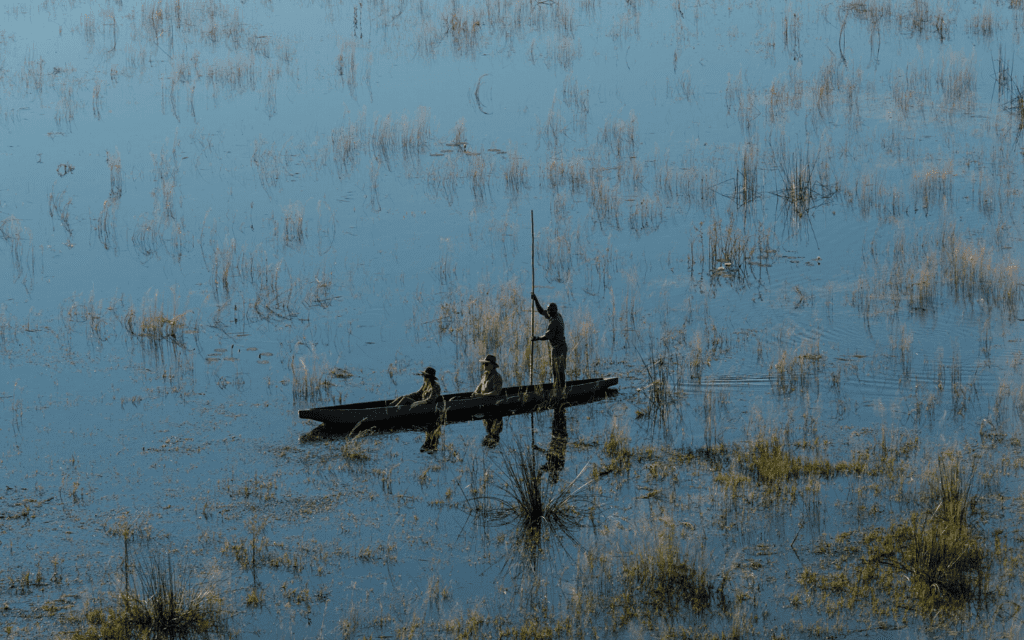
CONSERVATION
The camp is partnered with the local communities in Khwai, and proceeds from staying at Sable Alley go straight back into the Khwai Village community projects.
They are also involved in research through partnering with the Botswana Predator Conservation Trust to investigate the leopard population in this vast area, using camera traps to determine the population size and territories and Round River Conservation Studies who have been collecting important baseline data on large herbivores for the reserve’s game monitoring program.
Image © Sable Alley/ WETU/ Peter Pickford
Namibia
Namibia is Africa’s Matryoshka doll. A country that continues to reveal layer upon layer the longer and the deeper you travel in it. It is impossible to dilute a place that seems so inhospitable you couldn’t conceive how it would support any life. And then the animals appear above the mirage of heat and soon you realize that their thirst makes them quite predictable and you can come very close to wildlife here.
Shipwreck Lodge
There is unique and then there is Shipwreck Lodge. Built along the storied Skeleton Coast the lodge was designed to recall the outlines of the many large ships wrecked here by the icy and ferocious Atlantic seas. It lies in between towering dunes and wind-swept plains and all around it, there are immense treasures to uncover. From the enchanting desert succulents and lichens to the desert-adapted animals and geological marvels.
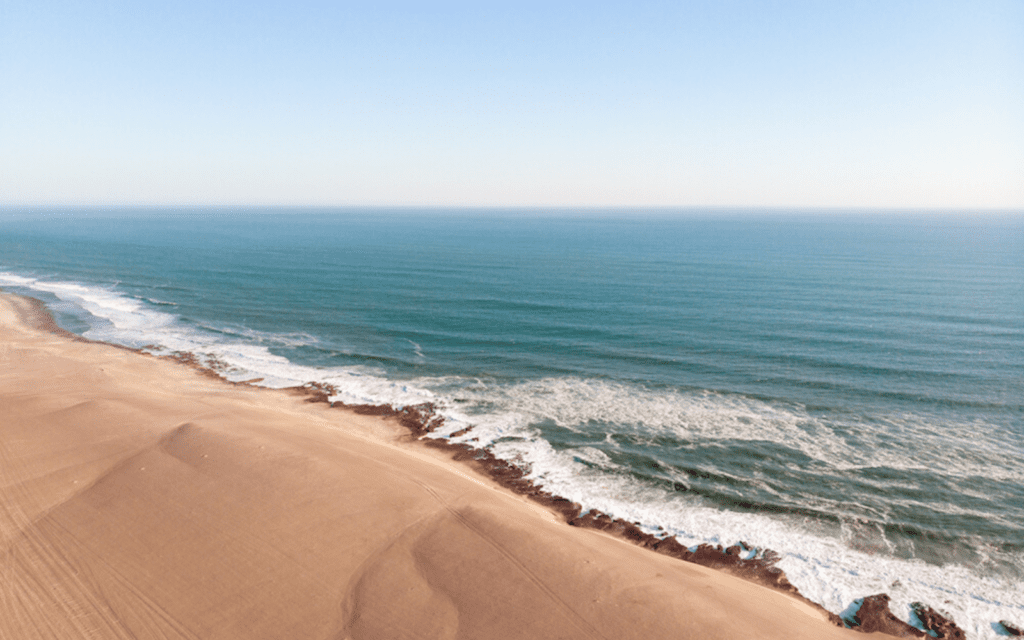
CONSERVATION
The second oldest desert in the world is also the driest. Shipwreck lodge works to rehabilitate this part of the Skeleton coast to preserve the incredibly unique ecosystem.
Images © Natural Selection
South Africa
South Africa is famous for the Big 5, beaches and wine… but it is also home to unspoiled marine reserves and rare marine animals. While the wildlife roaming the bush are often the ones in the limelight the magical coast with secluded beaches, waterfalls, gorges, and forests are where you will find curious travelers in the know.
Lekkerwater
Snuggled into the most exclusive sector of the incredible De Hoop Nature Reserve Lekkerwater Beach Lodge is famous for unparalleled whale watching when hundreds of Southern Right whales bring their babies for a swim past from July to November. Great pods of dolphin and other marine life join the party and the guests of Lekkerwater have the best seats in the house — from their bedroom. Only seven rooms lie along 3.7 miles (6 km) of pristine beach.
Spend the day learning and experiencing the distinctive natural environment and creatures and enjoy dinner on the beach with sand in your toes and the best wine on the table.
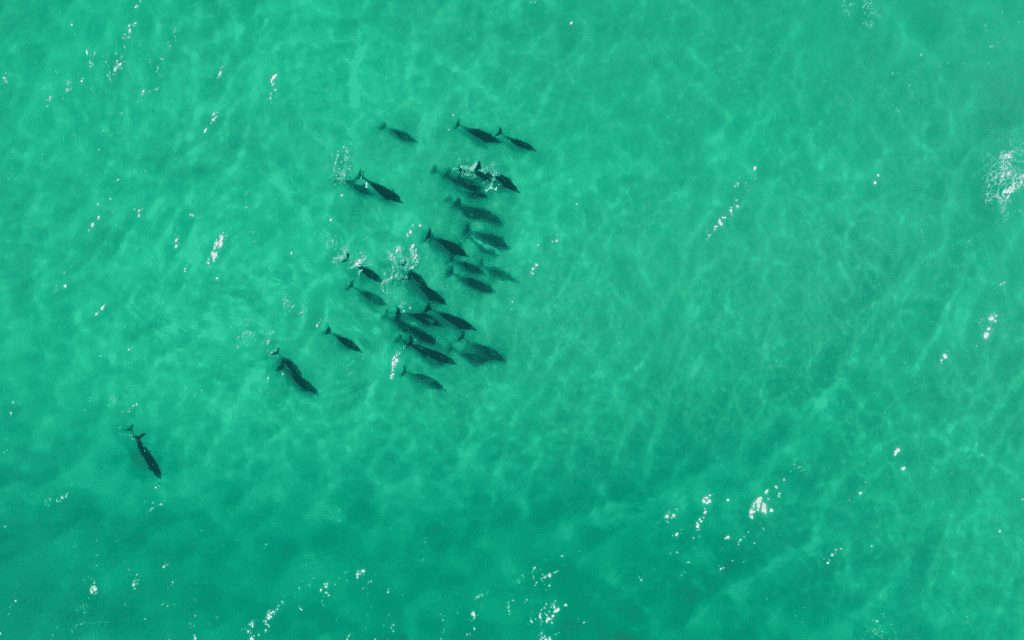
CONSERVATION
Lekkerwater Beach Lodge lies in one of the most remarkable locations on planet earth and we take great solace in knowing that the property aims to leave the lightest possible footprint on the environment. Built entirely within the footprint of ex-president FW de Klerk’s ‘Camp David’ retreat the electricity is generated through sun and wind, the greywater treatment is at the cutting edge of clean and green, there is zero single-use plastic and the vast majority of supplies are sourced from within 40 miles (64 km) of the lodge.
Images © Natural Selection
Tanzania
Tanzania is an exercise in superlatives. Boasting three of Africa’s Seven Natural Wonders as well as the highest mountain and the largest and deepest lakes in Africa, the country also has the largest concentration and diversity of animals. It is home to the Ngorongoro Crater, the Maasai people, Serengeti National Park, Kilimanjaro, the Great Wildebeest Migration and the beautiful coast including historical Zanzibar.
Gibb’s Farm
Along the outer slopes of the Ngorongoro Crater, Gibb’s Farm was founded as a coffee plantation in the Jazz Age of the 1920s. The roots of this property extend deeply into the land and rich heritage and you are welcomed with traditional East African hospitality. It is an idyllic retreat from where guests can explore Ngorongoro Crater, Lake Manyara, and Lake Eyasi. There may be a better way to start the day but once you have woken up to enjoy a cup of freshly brewed local coffee while gazing across the Great Rift Valley and listening to birds gossiping… you will struggle to find it. Spacious interiors, eclectic artworks and an award-winning sense of well being awaits.
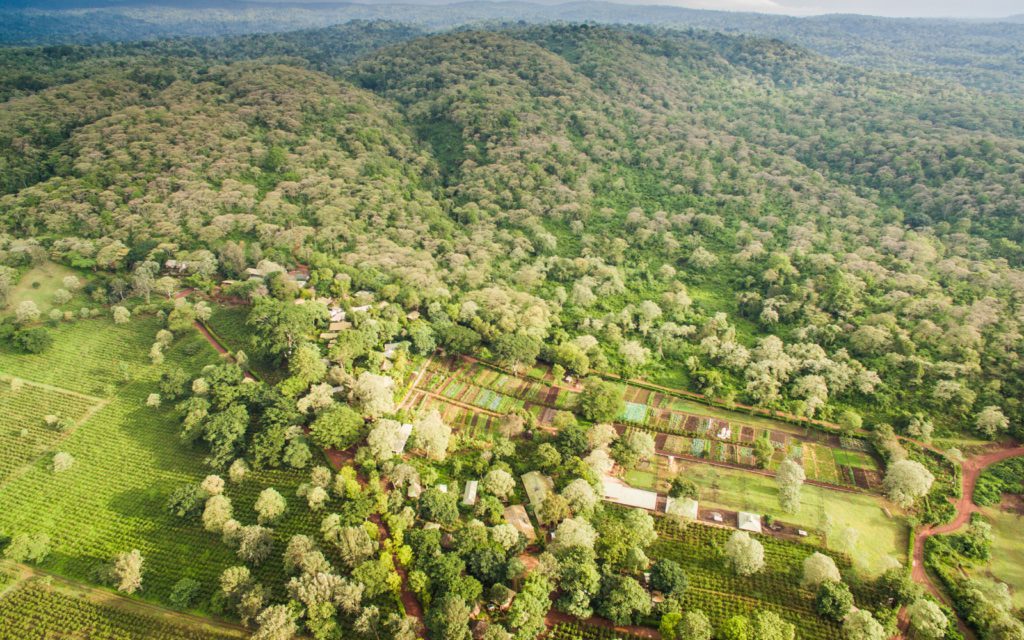
CONSERVATION
Gibb’s Farm has a deep and meaningful connection to the diverse communities and cultures of East Africa. There is no better way to preserve history, stories, artwork, medicine, and ways of life of the Iraqw and the Maasai than through forging personal relationships. Gibb’s farm is intensely committed to cultural programs and conservation efforts. Solar energy, community upliftment, and organic farming… everything they do is a step towards creating a sanctuary for the guest’s senses and a living legacy for the community, habitat, and creatures surrounding it.
Imagine the faces of your grandchildren as they first hear an African lion roar.
If you love that idea as much as we do please make sure it will happen by traveling responsibly with operators who pledge to champion conservation and communities.
Images © Gibb’s Farm/ Scott Ramsay
Zambia
One of the safest countries on the continent, Zambia is also one of the most unspoiled. With game-rich safaris through swathes of the most remote wilderness on the planet and the mighty Zambezi pouring down the vertical walls of Batoka Gorge to form one of earth’s most famous and largest waterfall… it is very difficult to think of a reason not to visit Zambia or include it in your safari circuit.
Sindabezi Island
Intensely beautiful, incredibly secluded and impossibly romantic, Sindabezi Island is one of Victoria Fall’s best-kept secrets. While the Falls are exhilarating in every way and the area surrounding it has earned its place on the world’s best extreme sport hotspots list it can also be a little busy. But. A twenty-minute drive from the center of town followed by 15 minutes on a boat along one of the most spectacular stretches of the Zambezi upstream from the falls… will deliver you to a paradise of white sand (because barefoot beats Jimmy Choo) and castaway splendor. There are only 5 chalets dotted around the island, all with views of the Zambezi and wildlife meandering past on the banks… Horace the local hippo occasionally pops in for high tea.
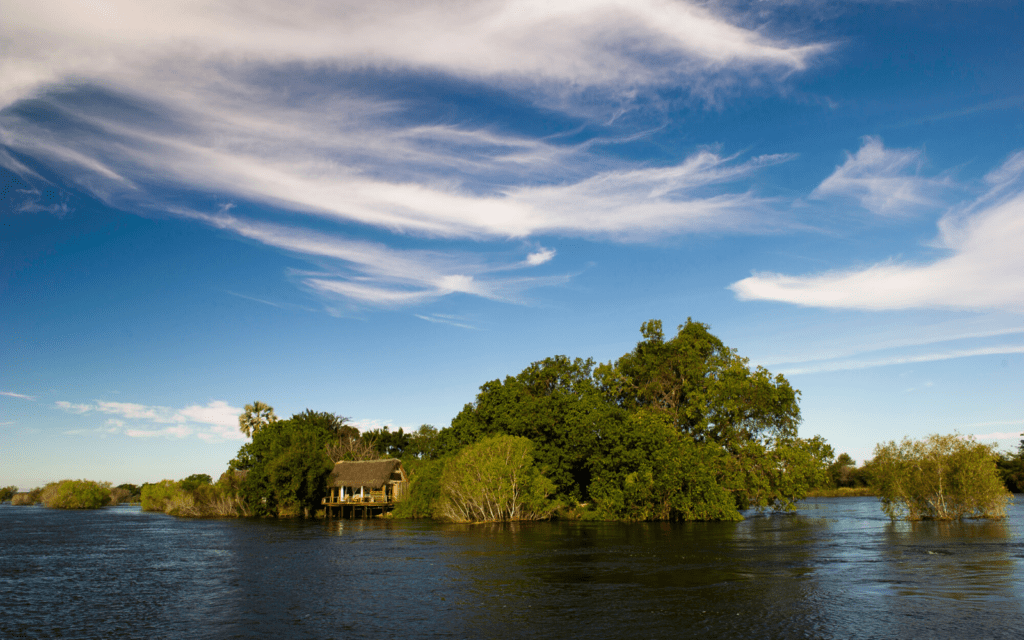 CONSERVATION
CONSERVATION
Sindabezi Island is entirely off the grid. Everything runs on solar power, wet waste is transformed into compost for the vegetable garden and non-biodegradable waste is recycled to the mainland. Both sparkling and still purified water is bottled in recycled glass. The entire camp has been meticulously constructed around the existing trees and all the wood used to construct the chalets was sourced from sustainable local forests.

